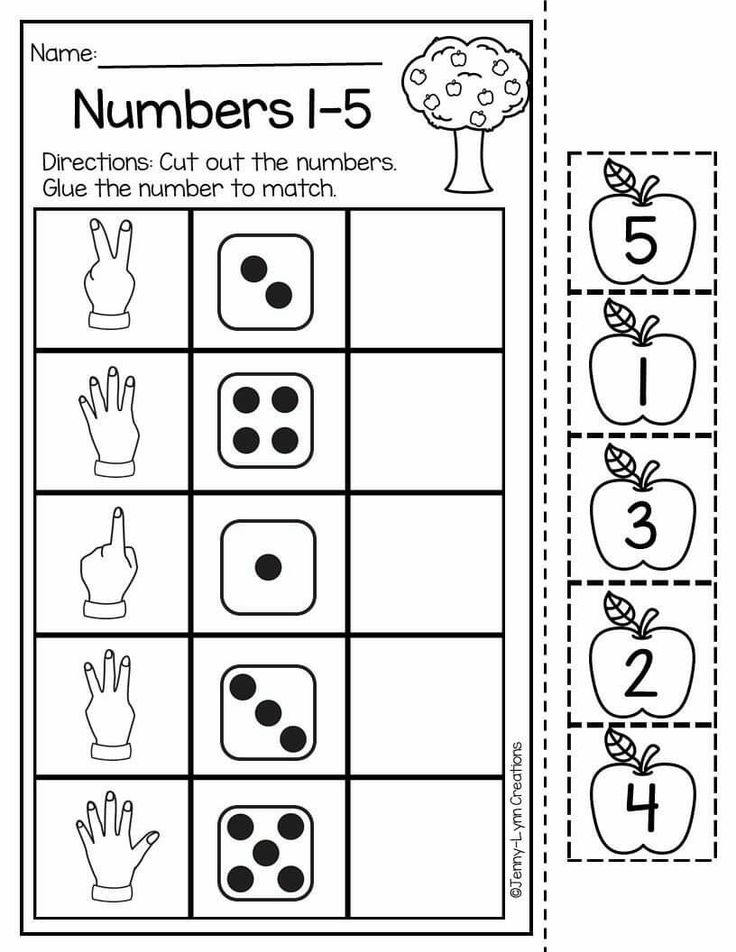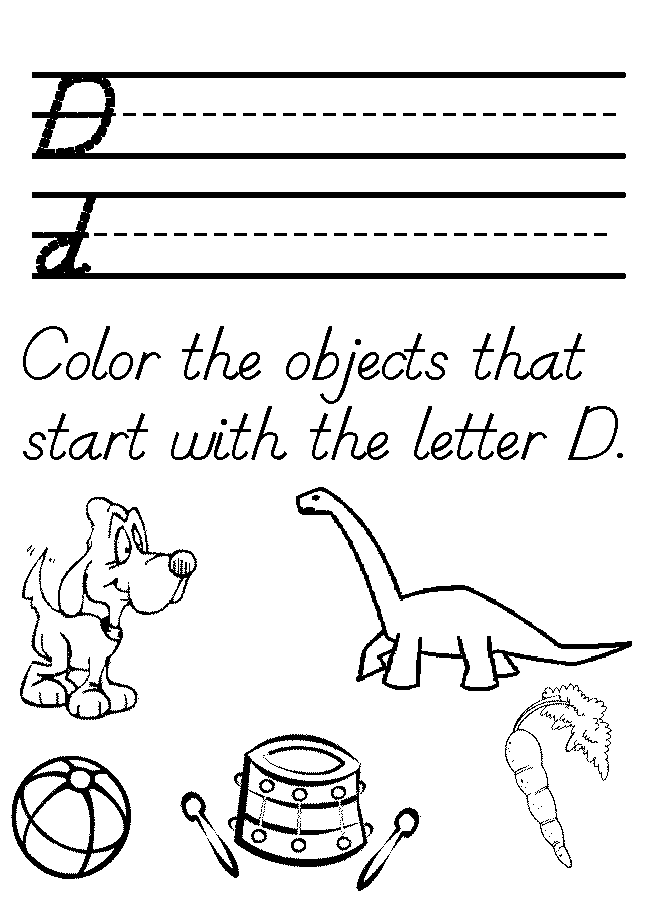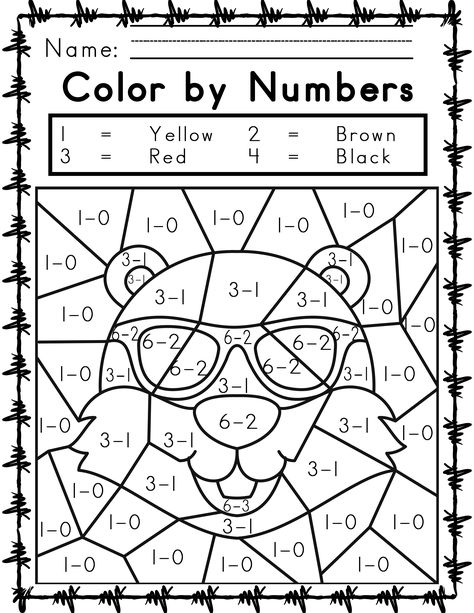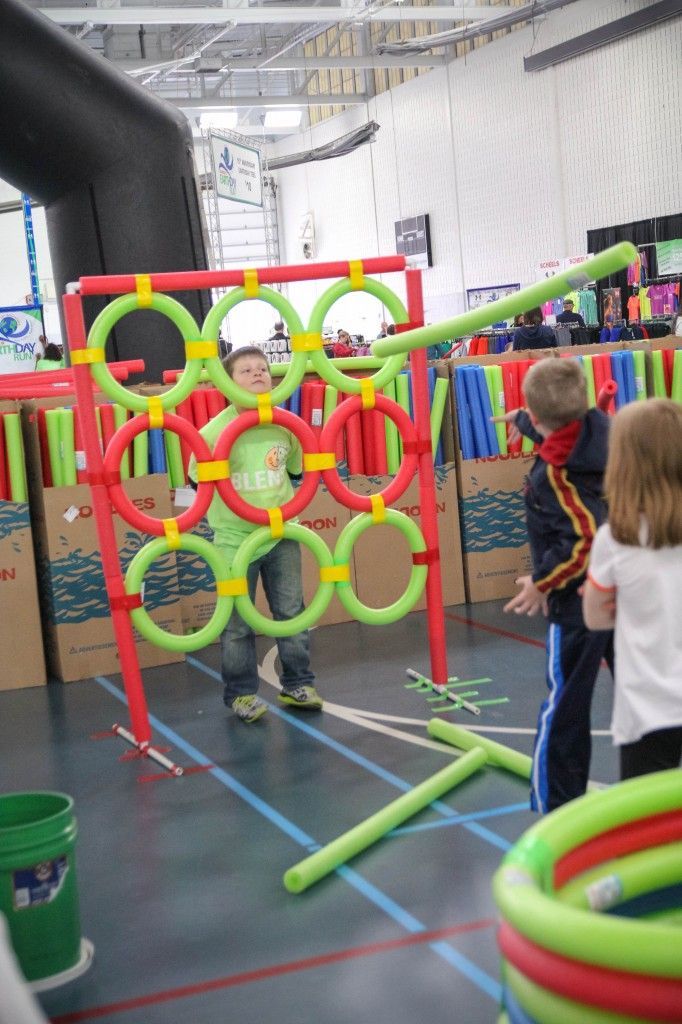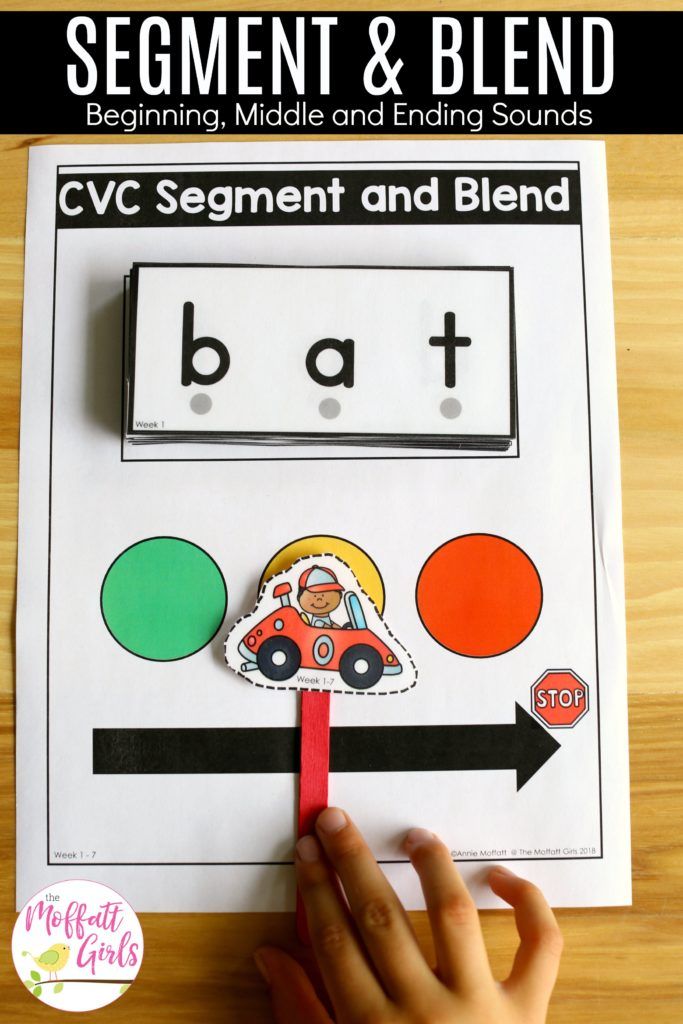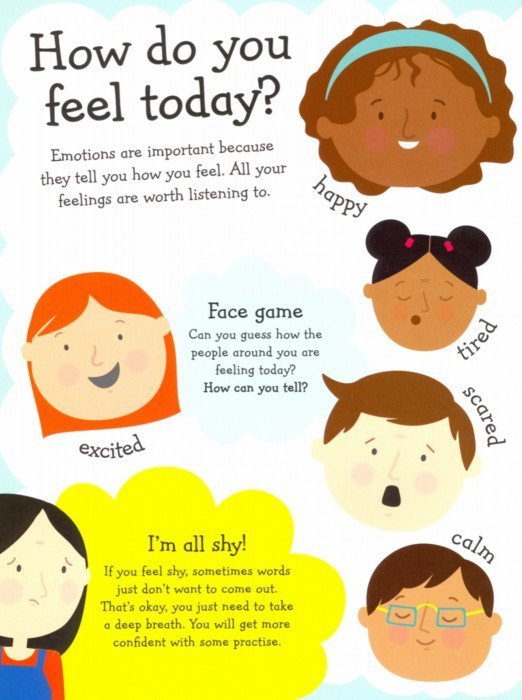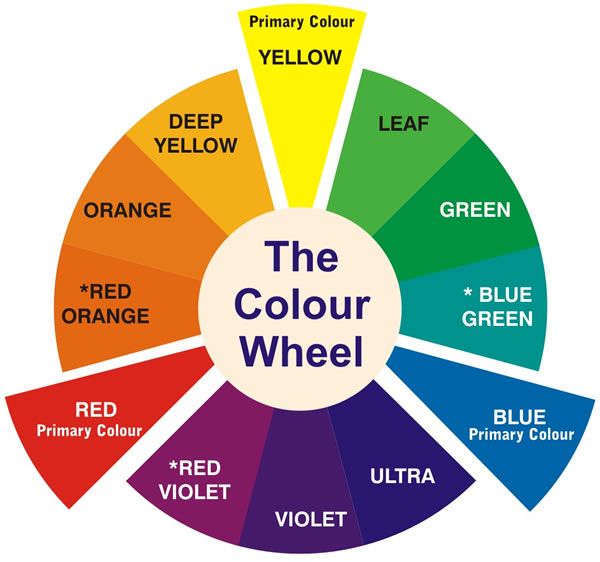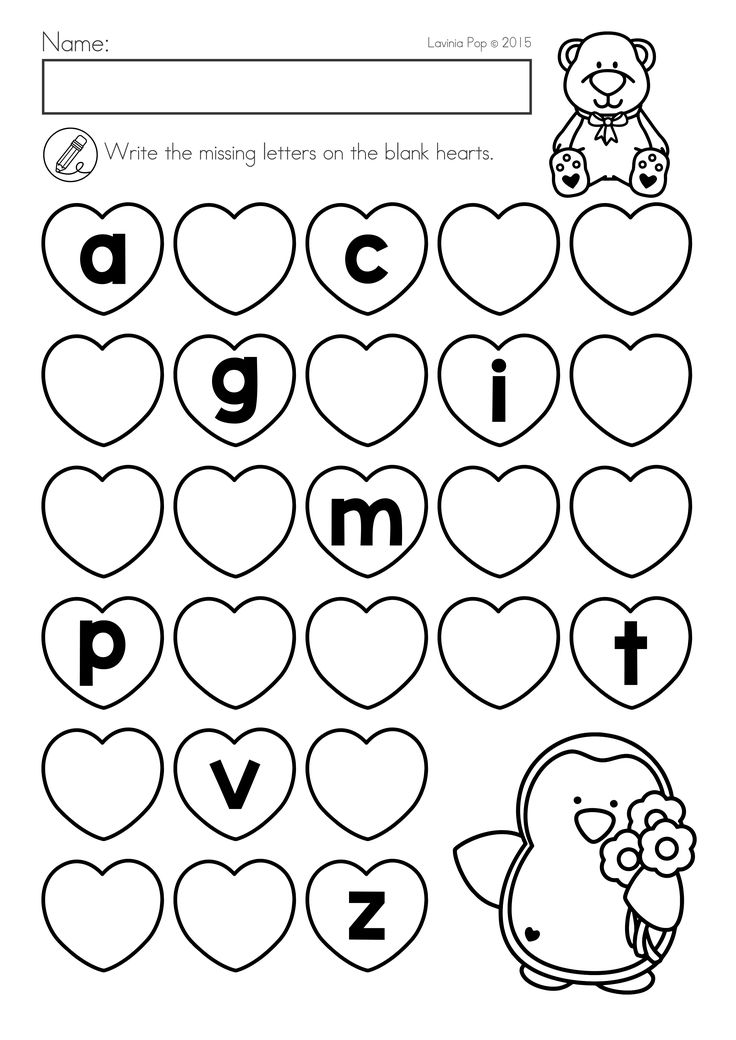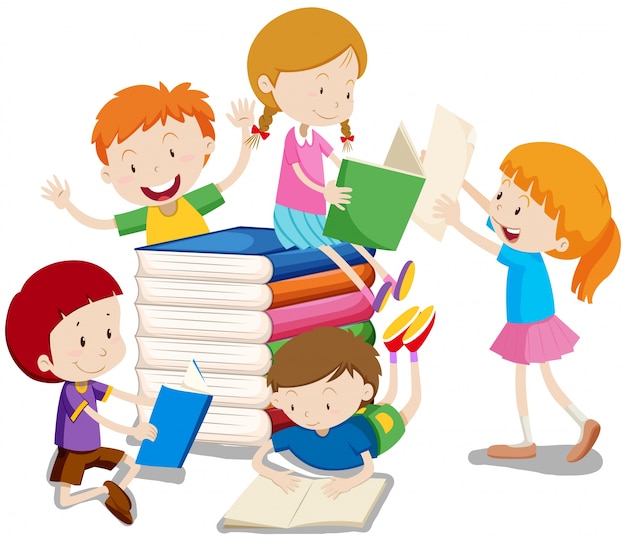Home »
Misc »
The first day of school story
The first day of school story
The First Day Of School
A short story written by Jeffery Deaver for teachers and educators.
Indian summer in a small Midwestern suburb, a hot, hot day in early September.
His heavy book bag slung over his shoulder, Jim Martin—slim, sandy-haired, freckled—trudged along the pitted sidewalk at 7:30 this morning, on his way to Thomas Jefferson Middle School.
He walked slowly, enjoying the heat, enjoying the spongy feel of his new running shoes, enjoying the familiar sights along the route.
Filled with excitement, filled with anticipation, filled with curiosity.
Nervous, too.
This was, after all, the first day of school.
At the bottom of the hill, exactly a mile from his house, he turned the corner and saw the school in front of him.
It wasn’t really a very nice building. Single story, squat, yellowish stone. Nothing stood out except the tall flagpole that would ring like a clock chime when the rope slapped it on windy days.![]() Today, in the still air, the pole was silent.
Today, in the still air, the pole was silent.
Taking a shortcut through a hedge, Jim walked over the football field, dew leaping from the toes of his shoes, grasshoppers jumping out of his path.
He glanced to his right and noticed a shaded spot on the field near the home team bleachers and a memory suddenly came back to him—a spring day on that very spot. He and Sam Gordon facing each other, fists balled up, ready to slug it out. Sam was an 8th grader, a big kid—he’d been held back a year. He dressed in dark clothes that smelled of cigarettes and motor oil and he wore his anger the way some women wear too much costume jewelry. For no particular reason he’d taken an instant disliking to quiet Jim, who was a year younger and fifty pounds lighter. Sam had mercilessly tormented him all year until finally Jim had had enough and agreed to Sam’s taunt to fight it out after school.
The boys circled, Jim terrified but defiant. Sam threw the first punch. Jim blocked it but then the bully’s left fist appeared from nowhere and clocked Jim in the cheek. He went down on his knees and Sam leapt on him, flailing away, Jim’s thin arms helpless to protect him from the stunning blows. The big boy then stood and was about to deliver a vicious kick to Jim’s ribs when a man’s voice cut through the April air.
He went down on his knees and Sam leapt on him, flailing away, Jim’s thin arms helpless to protect him from the stunning blows. The big boy then stood and was about to deliver a vicious kick to Jim’s ribs when a man’s voice cut through the April air.
“Boys! That’s enough.”
Coach LaBell stepped forward, pulled Sam away and ordered him to the principal’s office. Sneering, the boy stalked away.
The coach then helped Jim up and surveyed the damage to his face. The man said, “First the nurse, but I’m afraid you’re going to the principal too, Jim.”
“Yessir.”
The grizzled, crewcut man handed Jim a Kleenex for the blood, and the tears, waited a moment and then he said, “I want to tell you something, young man.”
“Yessir?” Jim asked.
“You want to know what I think the biggest difference is between being a child and being an adult?”
“What’s that?”
“Knowing the difference between the times you have to fight and the times you should walk away.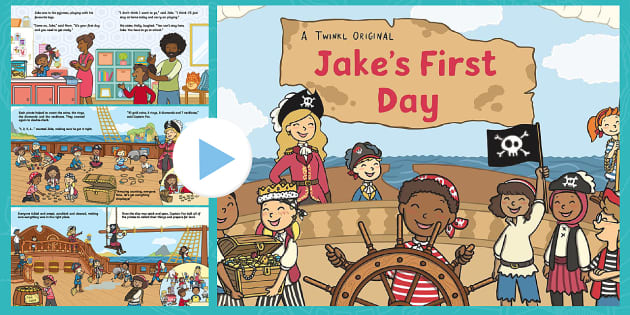 You know what I’m saying?”
You know what I’m saying?”
Jim nodded.
“Good. Now go see the nurse. Get that cut cleaned up.”
As Jim walked sullenly toward the door, Coach LaBell called, “Oh, Jim?”
The boy turned. “Yessir?”
“About those times you do have to fight?” The man pointed a stubby finger at Jim. “You better learn to watch out for left hooks. Or you’re gonna lose some teeth.”
“I’ll do that, coach.”
Now, this hot, hot first day of school, trudging through the dewy grass, Jim shifted his heavy book bag to the other shoulder, and he thought about how the coach’s words had really made a difference in the way he looked at life.
Closer to the school now, walking past the buses, yellow as pollen, watching the students and teachers, the impatient parents in the car pool lane. Jim waved hello to a few of the kids but he was still lost in his thoughts. He was glancing at a nearby classroom, Mr. Carter’s math class.
Oh, Jim hated math. He did all the homework; he’d spend hours studying for tests, but he could never do better than a C plus, at best.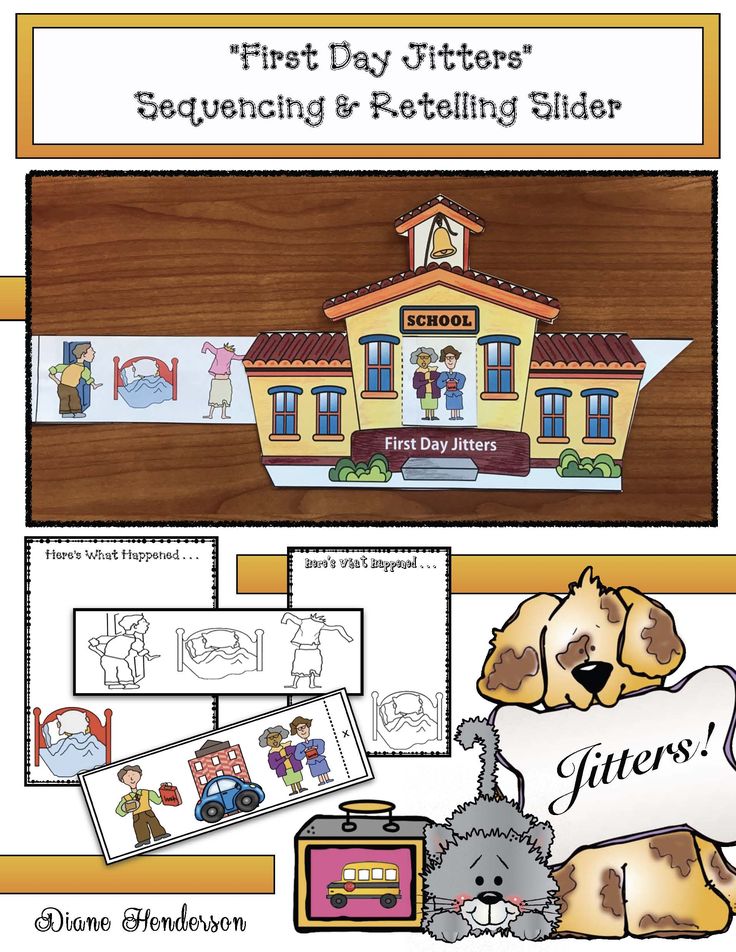 He now thought of one of Mr. Carter’s classes, early in the semester. The teacher had passed out a graded test—Jim’d gotten a C minus. After all that work, he was so frustrated, so discouraged. The teacher must’ve seen the look in his eyes and called him up after class.
He now thought of one of Mr. Carter’s classes, early in the semester. The teacher had passed out a graded test—Jim’d gotten a C minus. After all that work, he was so frustrated, so discouraged. The teacher must’ve seen the look in his eyes and called him up after class.
“Having some trouble, I see, Jim.”
“I just don’t get it,” the boy said. “I mean, I try. I do the work. But it’s like it’s overwhelming. I freeze up and, you know, I panic.”
Soft-spoken Mr. Carter pulled a slip of paper out of his desk and wrote down several names. He said, “These’re math tutors, Jim. I want you and your parents to call one of them. I think they’ll be a big help.”
“Okay,” Jim said uncertainly. Then he took a deep breath and confessed, “The thing is, Mr. Carter, I just, I mean, I just don’t like math. I’m never going to like it. I know that.”
The teacher smiled at this. “Don’t like math? . . . .” He nodded. “Well, Jim, you have to understand something. Your goal here isn’t to learn to like math.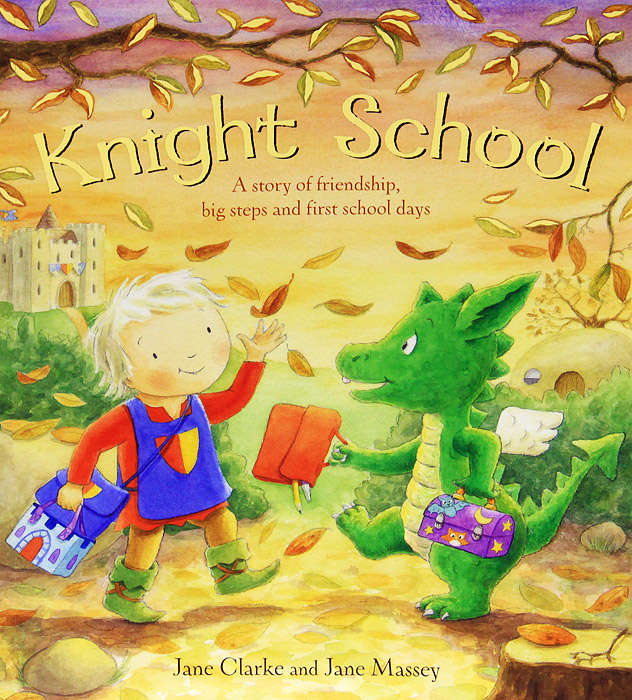 I don’t want to teach you that. I don’t even care about that.”
I don’t want to teach you that. I don’t even care about that.”
“You don’t?”
“No, no, no . . . . I want to teach you to love learning about math, that’s all.” He repeated it. “I want you to love learning whatever it is you study.”
And Jim nodded, digesting this. He took the note home and he and his parents got a tutor and his grades improved a bit, not much. But he started to get some B minuses. The important thing for Jim, though, wasn’t the grade but what his teacher had told him. And he thought now, as he walked through the doorway to Thomas Jefferson Middle on this first day of school, about how the math teacher’s words, like Coach LaBell’s, had made a real difference in the way he thought about things.
Walking through the cool halls now, Jim smelled fresh paint and girls’ perfume and those weird biology lab smells. He got a drink at the fountain and headed for home room.
As he did he passed another classroom and another memory hit him. Ah, Mrs. Peabody’s English class.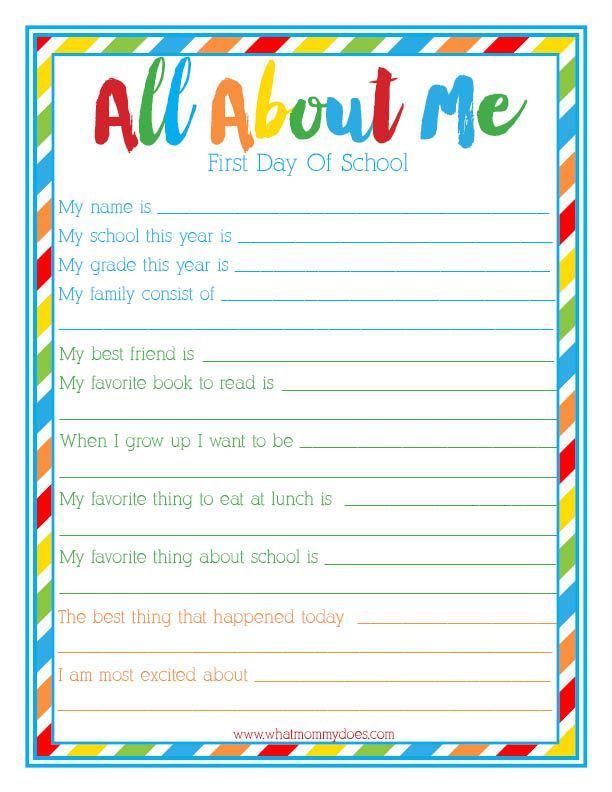 She was a stern, older woman the kids called psychic because she magically knew which students had read the real assignment and which had read the Cliff notes.
She was a stern, older woman the kids called psychic because she magically knew which students had read the real assignment and which had read the Cliff notes.
Jim thought about the time Mrs. Peabody had given the class a writing assignment. “Write about summer vacation,” she said. “Be as creative as you can. But,” the stern woman added, as she always did, “make sure you use proper spelling and grammar.”
Well, that night Jim sat at his desk at home and stared unhappily at a blank sheet of paper. He didn’t want to write a stupid essay about his summer vacation. For one thing it’d been a dog. A water park, two weeks of camp, his paper route. Boring . . . He’d actually been happy to get back to school.
So he gave up on the assignment and wrote what he wanted to. Not an essay at all but a short story. Science fiction. It was about a distant planet that didn’t have summer—it was spring all the time. And it didn’t have vacations either. The aliens on the planet worked 24 four hours a day.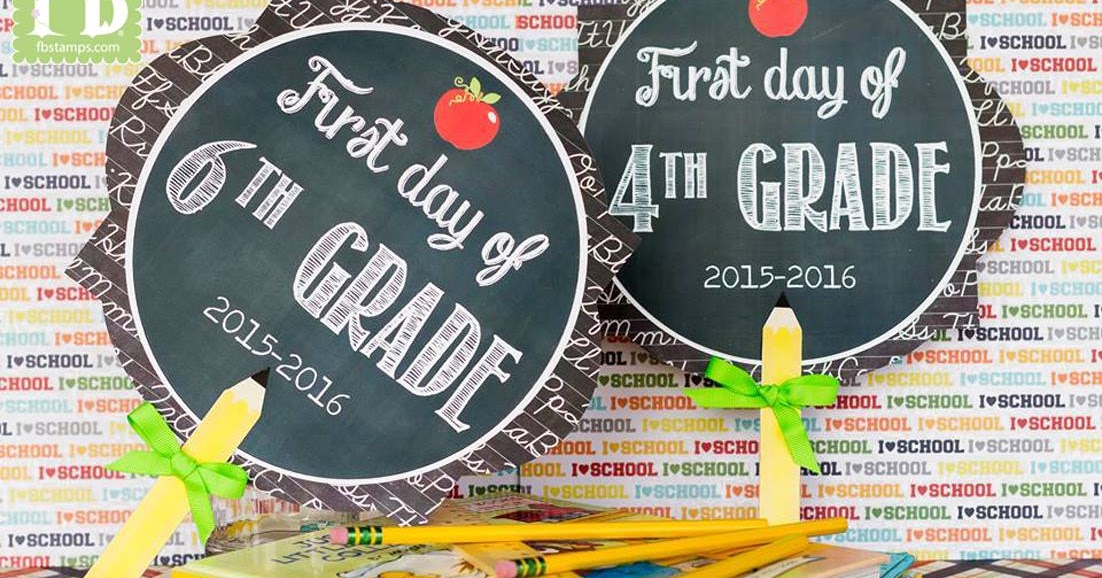
The next morning he handed in the story but that night he lay awake until three a.m., thinking, Why did I do that? I totally ignored the assignment. What the heck was I thinking of? And here English was his favorite class. Maybe it’d take Mrs. Peabody a few days to grade the essays. He’d beg her for a chance to write another one, the sort she wanted.
But when he got to class the next morning it turned out that Mrs. Peabody had read and graded the essays.
And when he saw the way she glanced at him with a strange look in her stern, psychic eyes, he wished he’d stayed home sick.
The teacher said, “I’m going to pass back your summer vacation essays in a minute, but I want to say something first. When you write, when you put your words out for other people to read, you have to learn to take criticism. You have to remember that a critic’s words aren’t attacking you as human beings; they’re only an opinion about something you’ve created, no matter how harsh the opinion seems.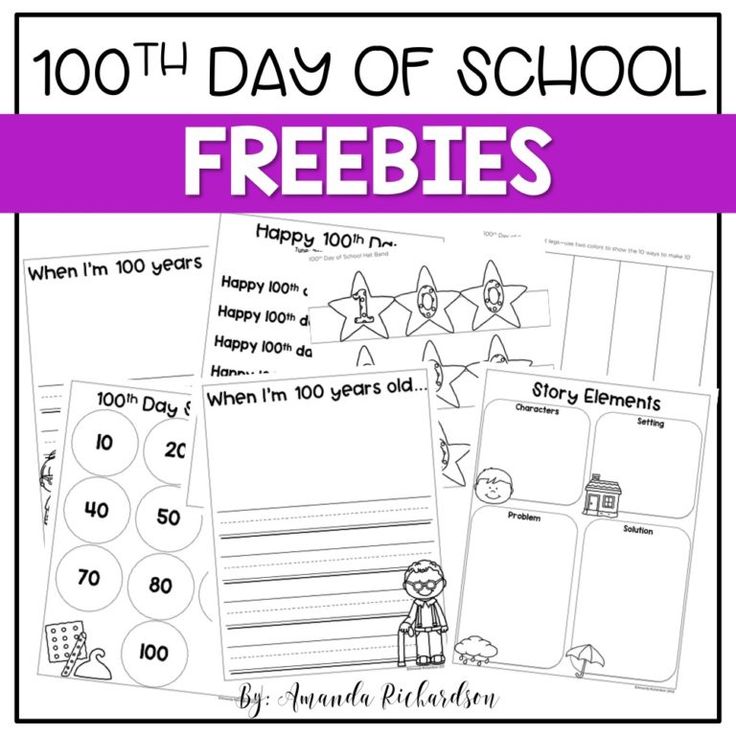 . . . . And in this case I’m afraid I’ve got some rather harsh words to say.”
. . . . And in this case I’m afraid I’ve got some rather harsh words to say.”
I’m in trouble, Jim thought, blushing already, betrayed by his freckles. Staring at the floor.
Mrs. Peabody continued, “Almost everyone in class wrote an essay about his or her summer vacation . . . . Almost everyone.”
This’s bad, Jim thought. I’m getting an F, I know it.
“But,” the teacher said, “one student decided he didn’t feel like doing that.”
Jim glanced up long enough to see her eyes focused on him.
This’s worse than an F. . . . I’m in note-to-the-parents territory now.
Then Mrs. Peabody looked away from Jim and studied the rest of the class. “All of your essays read as if they were written in your sleep. It’s clear to me that you didn’t take the assignment seriously and none of you spent more than ten minutes on it. Just one of you had the courage to be as imaginative as I asked you to be. Jim Martin is only one who got an A on the assignment. Now I’m going to ask him to come up here and read his story to you as an example of thinking independently and being creative.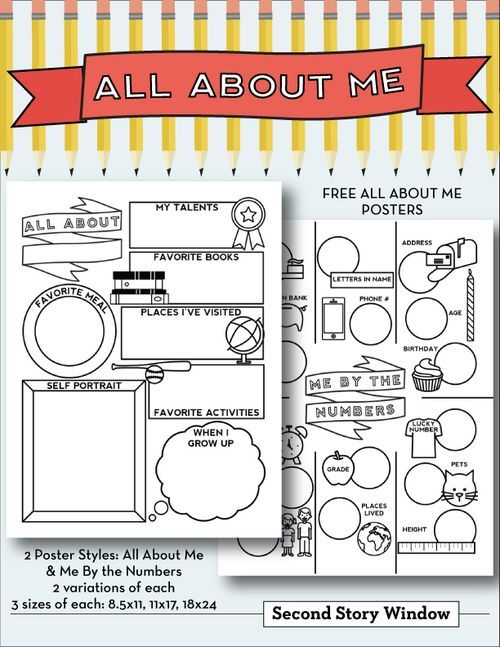 ” Then, being Mrs. Peabody, she added sternly, “though he should’ve a little more attention to proper spelling and grammar.”
” Then, being Mrs. Peabody, she added sternly, “though he should’ve a little more attention to proper spelling and grammar.”
Hands trembling, Jim walked to the front of the classroom in triumph, as if he were climbing to the summit of Mount Everest or were the first person to step onto the surface of Mars.
What a small thing really, he now reflected as he dodged through the crowded hallway, just a single assignment. But what a difference that moment had made to him.
Strolling into his home room now, Jim unslung his book bag and sat down as the last of the students filed in. He could see that some of them too were filled with excitement, some with anticipation.
Some with curiosity.
And some were nervous. Just like him, on this hot, hot Indian Summer morning in September.
Then the bell rang, a jarring noise, and eventually silence filled the room, silence broken only by the shuffle of papers, the click of pens, the snapping clasps of purses. The students looked toward the teacher’s desk.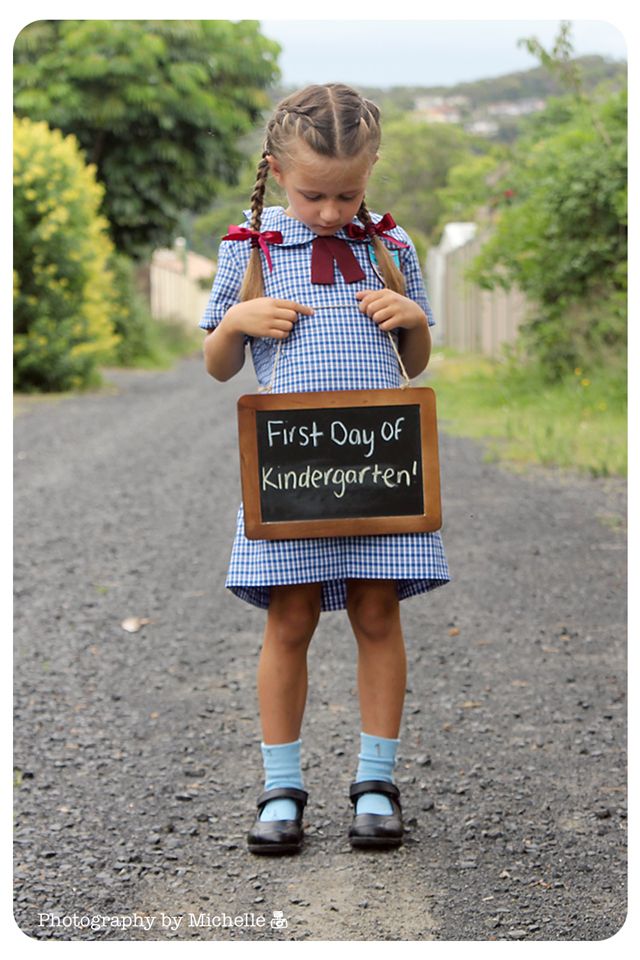
Silence . . .
Jim took a deep breath, paused and he stood. He turned around and picked up a marker. He wrote on the white board, “Mr. Jim Martin, Home Room and Eighth-grade English.” And he added his office hours beneath his name.
He turned back and said, “Good morning, class.” And with a smile he looked over his students on this, the first day of school . . . and his very first day as a teacher. How strange it was, he thought, to be starting his career here at Thomas Jefferson, the same school where he himself had been a student so many years ago and where he’d learned so much.
Like knowing when to fight and when to walk away—but always looking out for left hooks.
And loving learning for itself, whatever the subject you’re studying, even if you only get a C plus.
And always having the courage to think for yourself and to be creative—but making sure you use proper spelling and grammar.
Then he pulled his lesson plan and class roster out of his book bag and as he called the name of each of his students he thought again briefly about Coach LaBell and Mr. Carter and Mrs. Peabody and the teachers here and in the other schools Jim had attended throughout his life and he knew that, like them, he too was going to make a difference.
Carter and Mrs. Peabody and the teachers here and in the other schools Jim had attended throughout his life and he knew that, like them, he too was going to make a difference.
(C) 2002 Jeffery W. Deaver
Use and reproduction permitted for personal and nonprofit purposes only.
Top 10 First Day of School Books
Is there anything quite like the first day of school? The excitement and nerves about the new year are indescribable. I never start the year without a stack of first day of school books to help me through the day!
Heading back to school is such a fun, nerve-racking, overwhelming time for everyone! Parents, teachers and students alike tend to feel nervous about something (though it may be different for all of them).
Books help calm nerves, let students relax, and give the kids a shared experience.
I have a variety of books available to grab on that first day. If we don’t get to them all – it’s okay!
A few of these books are for specific lessons.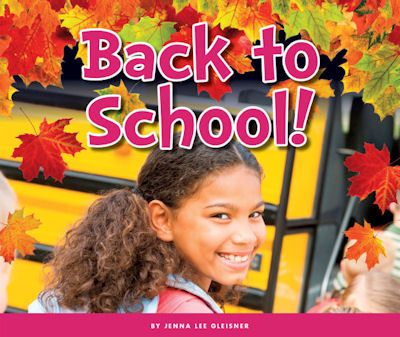
Others are just for times when we need a breather. This gives a chance to get comfortable with our routines and also gives us the chance to get comfortable in what will soon be a familiar setting.
This post contains affiliate links. By purchasing through this link, we get a small commission. Rest assured – we only share links to products that we know and love!
First Day Jitters
This book is a MUST READ on the first day of school! I like to read it early in the morning on that day so anyone who feels nervous will know they’re not alone.
You see a man in this book trying to coax someone to get ready for the first day of school. Students may think that he’s talking to his son or daughter, but it turns out he’s talking to his wife.
It’s the TEACHER who has the first day jitters! I love that it flips the script so students who are feeling nervous know they are not alone.
See “First Day Jitters” on Amazon
Mae’s First Day of School
Mae is feeling really nervous about the first day of school.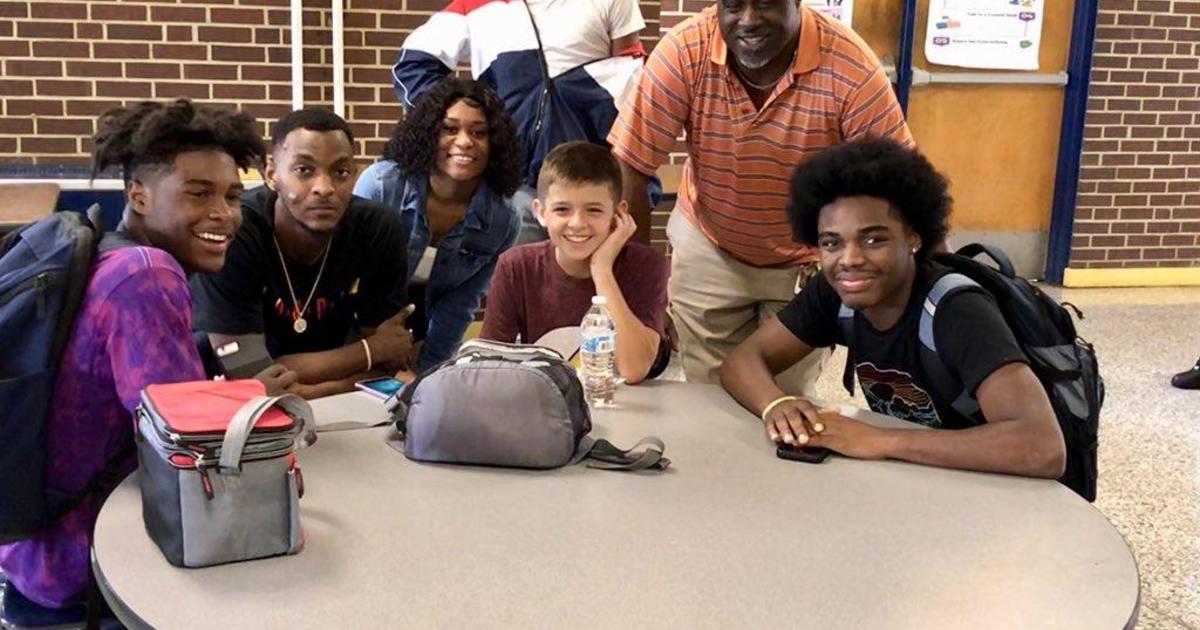 She is so nervous she doesn’t even want to go. (Imagine how many kids might feel the same!)
She is so nervous she doesn’t even want to go. (Imagine how many kids might feel the same!)
Thankfully she meets some wonderful people at school. This book is a great opportunity to share how you can make someone feel better, more comfortable and happier when they feel nervous, which also happens to be the perfect introduction into how to be a great friend.
I like to pair this book with “First Day Jitters” to show a student’s perspective. You can even do an anchor chart to compare and contrast feelings if you have the time!
See “Mae’s First Day of School” on Amazon
School’s First Day of School
This books is a newer one on my list. It had to be included because if we’re looking at different perspectives, how could we forget our school building?! ?
Students can identify with the way the school is feeling while also gaining some comfort with their own school building’s spaces. This book is a perfect read before touring the building! Students may even have empathy for the school building in a way they wouldn’t have otherwise.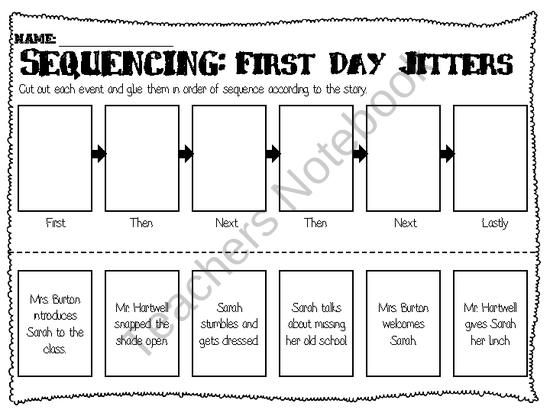 It’s a win-win!
It’s a win-win!
See “School’s First Day of School” on Amazon
The Kissing Hand
If your classroom has kids who have never been to school before or are struggling with leaving their caregivers, this book is a must-read!
This sweet story is about a little raccoon named Chester who doesn’t want to leave his mom to go to school. (I bet we have all met a kid or two like this!)
Chester’s mom reassures him in a way that will help your kids feel reassured as well. I like to pass out heart stickers for students to put on their hands. Anytime they are missing their caregiver, they can hug their sticker close.
See “The Kissing Hand” on Amazon
The Pigeon HAS to Go to School
If your students are anything like mine, they LOVE pigeon. Not only is he super funny, he’s very relatable for our students.
There is nothing quite like coaxing my students to respond to a book the first time.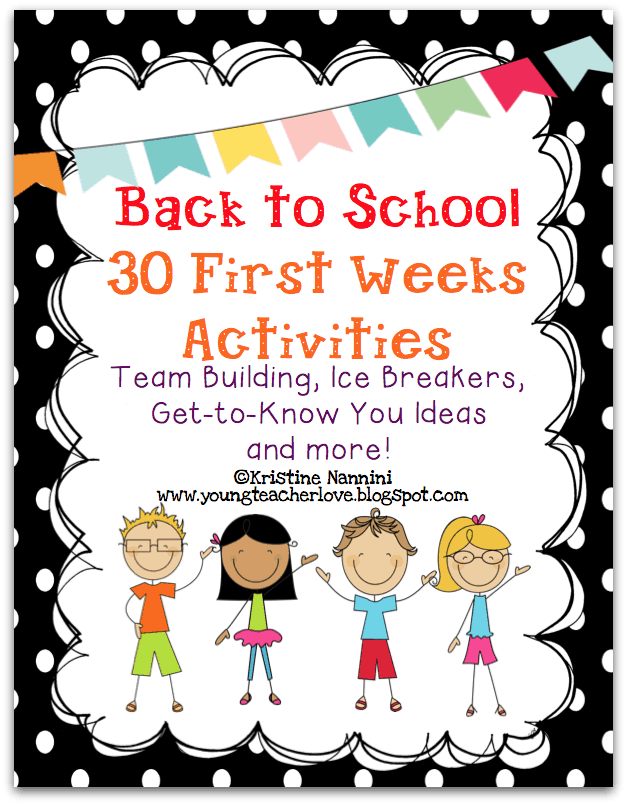 They are so surprised I want them to talk during a read aloud! #coolteacher
They are so surprised I want them to talk during a read aloud! #coolteacher
This new book is a must have for back to school! I can imagine pulling this off the shelf when we all need a break to laugh and build community on the first day.
See “The Pigeon HAS to Go to School” on Amazon
The Day You Begin
First of all, make sure you read this sweet book to yourself before you read it to your class because it is SPECIAL and you might (I did!) tear up.
It’s such an important message to tell kids from DAY ONE that every single one is different in the best way and so important in your classroom.
This book encourages kids to connect to one another even when they might feel scared or alone. What an important message for all of us!
See “The Day You Begin” on Amazon
How to Get Your Teacher Ready
This book turns the tables. The kids get to tell the teacher how to get ready for all of the things that are coming up this school year.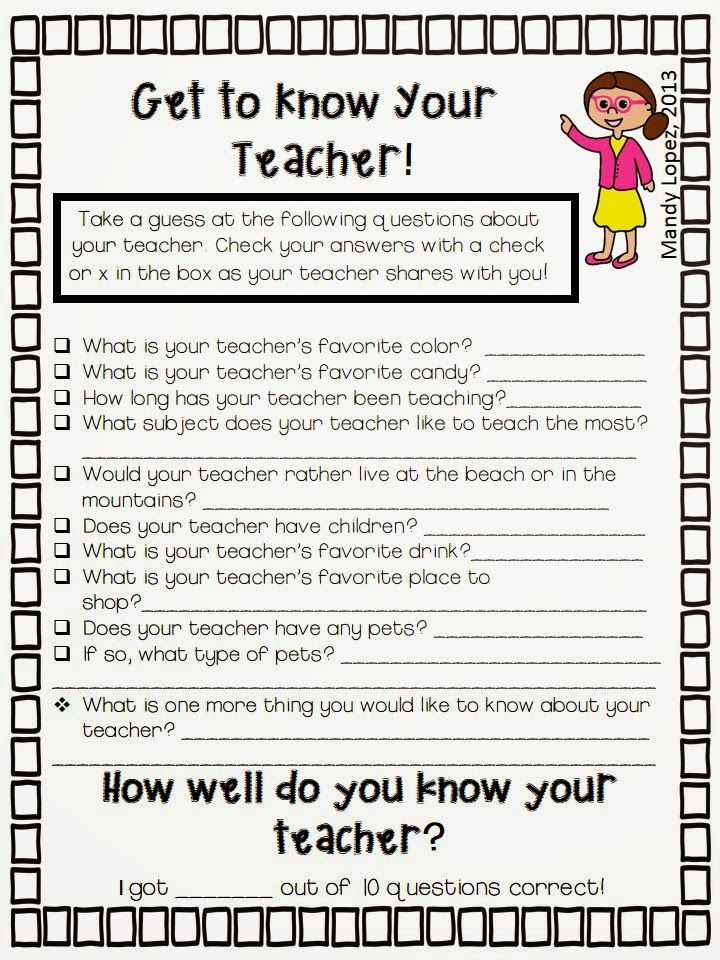
It starts with the first day, ends with the last day and shares about all of the fun milestones in between. What a great preview to get your kids excited about what is to come this school year.
I love giving my students the chance to be leaders on the first day because that is who I ultimately want them to be by the end of the year! Giving them this responsibility is empowering.
See “How to Get Your Teacher Ready” on Amazon
Preschool, Here I come!
Kindergarten, Here I Come!
First Grade, Here I Come!
Second Grade, Here I Come!
Preschool, Kindergarten, First Grade, and Second Grade, here we come! There is one of these books for each grade level by David J. Steinberg.
I like these books because they are filled with all of the things your kids encounter in that school year. You can read a page here and there throughout your day. It’s a big bonus that they are grade specific!
See “Preschool, Here I Come!” on Amazon
See “Kindergarten, Here I Come!” on Amazon
See “First Grade, Here I Come!” on Amazon
See “Second Grade, Here I Come!” on Amazon
David Goes to School
This book gives your class the perfect opportunity to do two things:
1.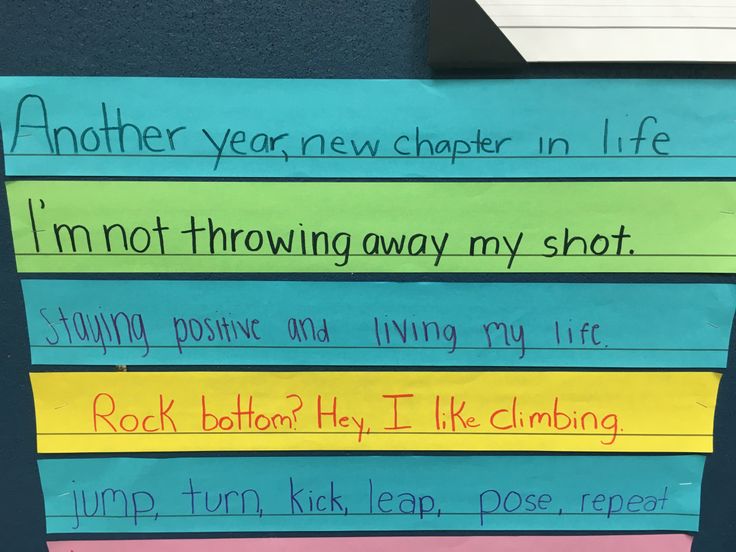 Determine classroom rules and boundaries
Determine classroom rules and boundaries
2. Laugh!
David’s antics are so funny and relatable to teachers and students alike, reading about his first day of school is a great first step to a positive classroom climate. Make sure you laugh with them as you read!
See “David Goes to School” on Amazon
How I Spent My Summer Vacation
This imaginative story will catch the attention of your students with it’s funny twists and turns. Your students will be so excited to share about their summer adventures, too!
I love using this as an intro to a sharing and writing activity. This is one that I keep on the shelf on the first day but I may not get to it and that’s okay! We have a lot of school days left on the calendar. 😉
See “How I Spent My Summer Vacation” on Amazon
“Do you really read ALL of those books on the very first day?”
Any of the books we don’t read on the first day stay on the shelf until we get the chance to crack them open. I almost always have a student point out a book we didn’t read and ask “Aren’t we going to read that one?”
I almost always have a student point out a book we didn’t read and ask “Aren’t we going to read that one?”
It is the perfect opportunity to say “Maybe we will get to it tomorrow. I can’t wait to see you then. I have a great day planned for us.” What better way to build excitement for another great school day?
Shop all of these First Day of School Books on Amazon!
What are your favorite first day of school books? Are there any I should add to my shelf? Let me know below 👇
If you’re looking for even MORE books for back to school, check out my favorite back to school books!
Composition My first day at school September 1
- Compositions
/ - About school
The first day of school is one of the most important days in the life of every person, because on this day an interesting journey of nine or eleven years begins.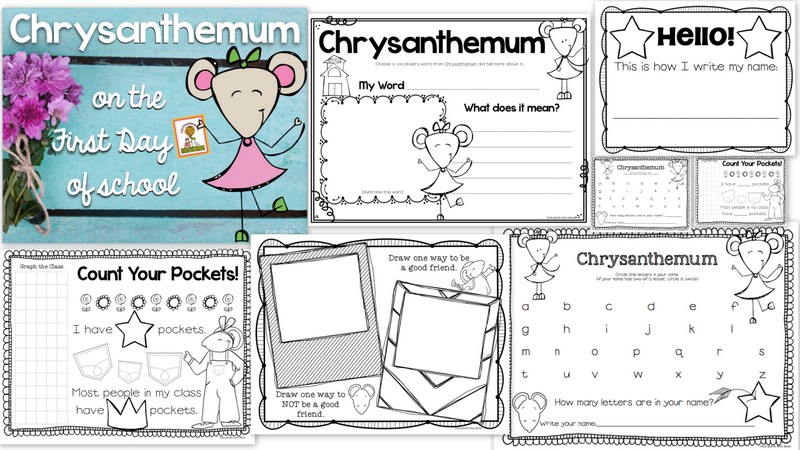 Some first-graders are looking forward to this moment, while others dream of staying in kindergarten longer. Parents rejoice at the long-awaited event, looking with pride at their adult children. On the first of September, a special atmosphere always reigns in the city, because music is heard from all the school yards and smart children walk along the streets with flowers in their hands.
Some first-graders are looking forward to this moment, while others dream of staying in kindergarten longer. Parents rejoice at the long-awaited event, looking with pride at their adult children. On the first of September, a special atmosphere always reigns in the city, because music is heard from all the school yards and smart children walk along the streets with flowers in their hands.
From early childhood, I really wanted to go to school and always envied my older sisters. When I was six years old, I was finally sent to prepare for school. My sisters also studied there, in the sixth and tenth grades. I immediately liked the school: the building was new and looked clean and well-groomed.
I remember my first September very well, even though seven years have passed. In the morning I got up before everyone else and woke up my older sister to braid my hair. The hair is very beautiful. I put on my brand new uniform, and the whole family went to the ruler.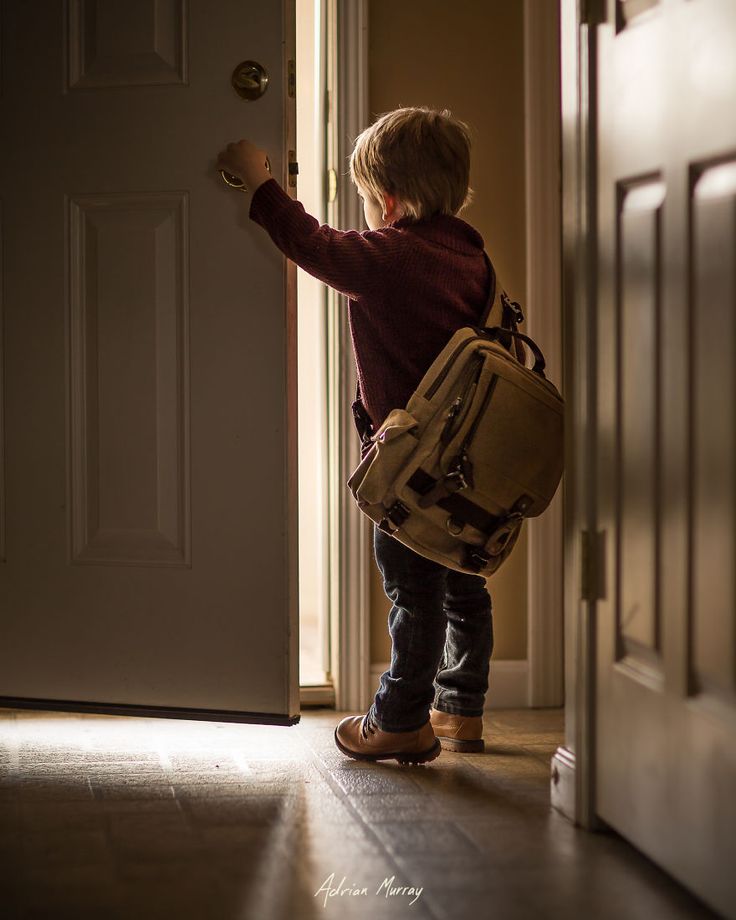
When we came to the school yard, there was a crowd of people in front of the building: children, their parents, teachers. They all rejoiced at the start of the school year. The school itself was very ornately decorated with balloons and posters. We stood up together with classmates, some of whom I already knew, and the teacher and waited for the start of the event.
The lineup was very interesting: at first, children danced and sang songs about the school and our city. Then the director of the school, a very serious person with intelligent and kind eyes, gave his speech. Then the bell rang, the first in my life, and we launched balloons into the sky.
After that, my best friend, with whom we then became classmates, entered our classroom by the hand and sat on the first desk against the wall. The teacher gave a welcoming speech and invited the photographer to our class. Each of us has those pictures that were taken at that moment.
After that, my classmates and I went to the schoolyard.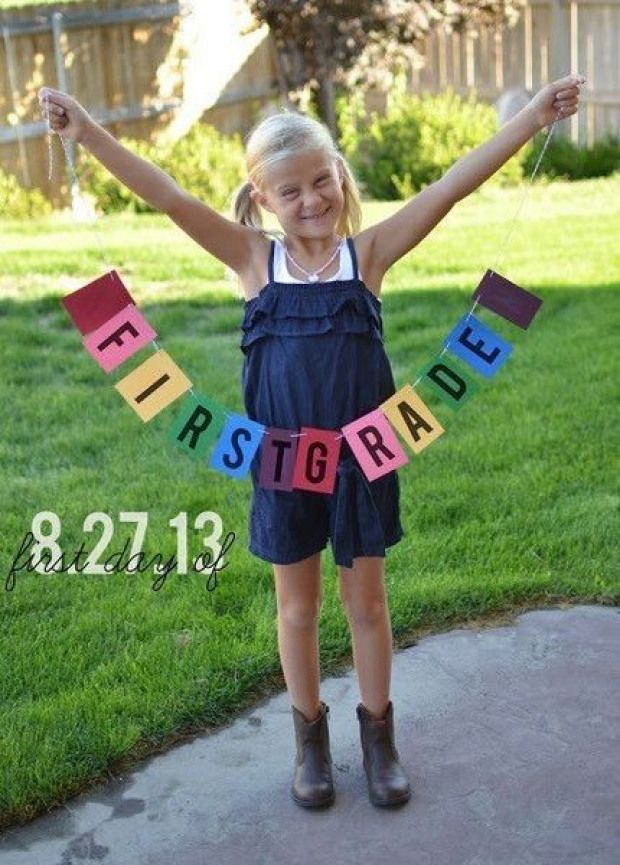 We hit it off right away and played hide and seek in the school garden for hours.
We hit it off right away and played hide and seek in the school garden for hours.
Then my parents came for me and my sisters, and we all walked around the city together and ate ice cream.
So I remember my first day at school very well. I really liked the line and the photos. We immediately became friends with classmates and began to play together. Now, every year, as a family, we review the school pictures taken that day.
Composition 2
The first day of September is a special date for me, today I went to school for the first time. Adults say that this is the most important day in the life of a child, I will meet many new people, some of them will become my friends, I will meet teachers who will teach me various subjects over the years.
The morning was already special, when the alarm rang it was still dark outside, I probably never woke up so early, a delicious breakfast was waiting for me in the kitchen, and a dazzling brand new suit hung in the wardrobe, having breakfast and getting dressed, my family and I took flowers and went to ruler.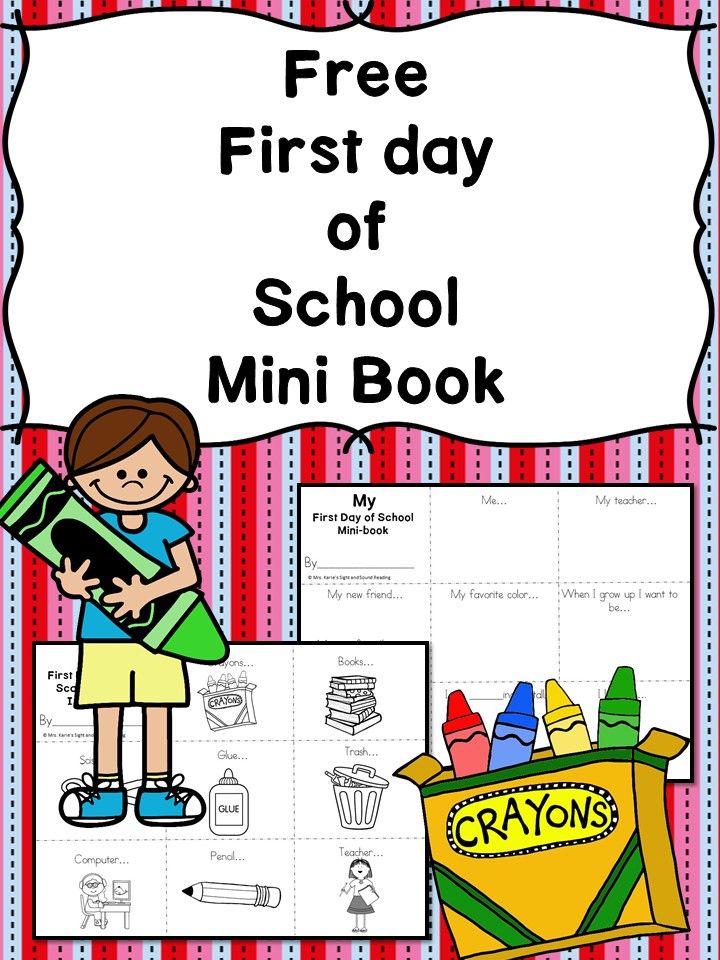 The school turned out to be a very large and beautiful place, everything was so new and unusual. At first we were lined up in groups in front of the porch, each in his own class, everyone was smartly dressed, the boys in beautiful white shirts and jackets, and the girls in blouses and with big bows, many were holding flowers and balloons, the director with teachers stood in the center of all the children and said how happy they were to see us and how important it is to study, then everyone wished us good luck and success in our studies.
The school turned out to be a very large and beautiful place, everything was so new and unusual. At first we were lined up in groups in front of the porch, each in his own class, everyone was smartly dressed, the boys in beautiful white shirts and jackets, and the girls in blouses and with big bows, many were holding flowers and balloons, the director with teachers stood in the center of all the children and said how happy they were to see us and how important it is to study, then everyone wished us good luck and success in our studies.
When the speeches ended, many children released balloons into the sky, the wind quickly swirled them up to the very clouds and it was very beautiful. Then they took us to school and led us through the corridors to the office, it was very cozy, it had: large windows overlooking the trees, painted walls on which there were various posters with happy schoolchildren, and a large green board was written on it with multi-colored chalk “September 1”, I liked everything in the office very much.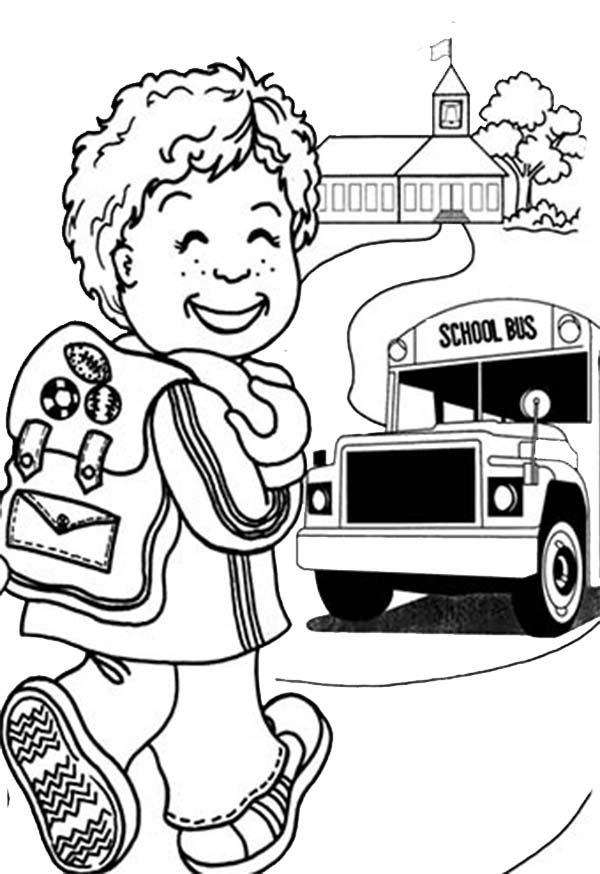 At first I was confused and did not know where to sit, but then I decided and took the very first desk. The teacher asked us to stand up, then introduced himself and we sat down together. He told us what we would do in the lessons, how fun the breaks are, what homework is and how great it is to go to school in general. At the end, we got up again and said goodbye, and then I went home with my parents where a festive table with a cake was waiting for us.
At first I was confused and did not know where to sit, but then I decided and took the very first desk. The teacher asked us to stand up, then introduced himself and we sat down together. He told us what we would do in the lessons, how fun the breaks are, what homework is and how great it is to go to school in general. At the end, we got up again and said goodbye, and then I went home with my parents where a festive table with a cake was waiting for us.
In the evening I couldn't fall asleep for a long time thinking about how wonderful tomorrow will be, how I will go to school again and how I will study various sciences there, add numbers and learn to write beautifully.
Other topics: ← September 1 - the most memorable day at school↑ About schoolThe role of a teacher in a person's life →
`
My first day at school September 1st
Popular compositions
- Essay-description of the painting Lilac in Konchalovsky's basket for grades 5, 7
The world of flowers is amazing and rich.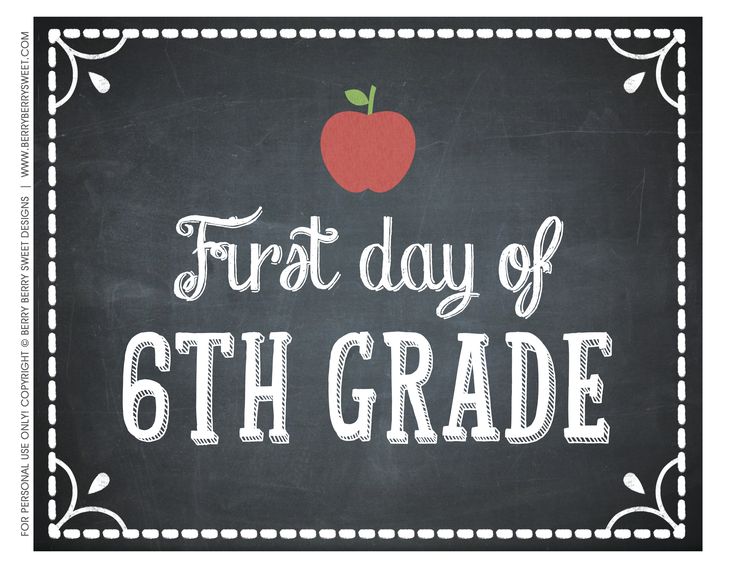 Representatives of various fields of art have devoted and continue to devote their works to this topic.
Representatives of various fields of art have devoted and continue to devote their works to this topic.
- Composition Our Neighbor - Ukraine
The Russian people said a lot of wisdom through proverbs and sayings. One of them says that you can live without a brother, but not without a neighbor. This is what is true.
- The theme of sin and repentance in the play Thunderstorm - composition
The work of A.N. Ostrovsky "Thunderstorm" is the property of world drama. It raises the philosophical and social problems of society. Religious topics are also covered
Composition September 1 My first day at school Grade 1
So it's September 1st. Morning. Thick fog covers the sleeping forest and the mysterious field with an impenetrable veil. When the sun rises, everything around is seething and sparkling with bright colors. The rays of the sun lit orange aspens and yellow maples, solemn in their festive splendor.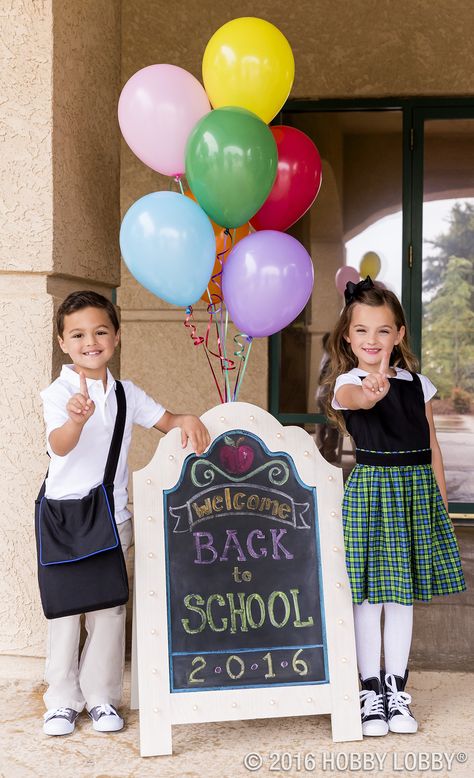 How do you not want to get up early in the morning. But today is an important day for me - I'm going to school for the first time!
How do you not want to get up early in the morning. But today is an important day for me - I'm going to school for the first time!
The alarm is ringing. I got up at 7 am, brushed my teeth, my mother cooked a delicious breakfast in the kitchen. Then I put on the very first school suit in my life. It was so exciting, but at the same time very interesting. I took a large bouquet in my hands and smiled. Looking in the mirror, I realized how big I have become and how I don’t want to say goodbye to childhood. But, unfortunately, time runs inexorably. And here I am on the threshold of the school.
The first thing that caught my eye was the sounds. I close my eyes and imagine. I step on the threshold of the school, and a whole stream of sounds falls on me. School bells, the voices of children and teachers, the loud clatter of heels.
The voices of teachers and students can be heard from outside the classrooms. And all this merges into one monotonous noise. But as soon as the teacher leaves the office, a hum begins to appear at first, then everything turns into a loud noise.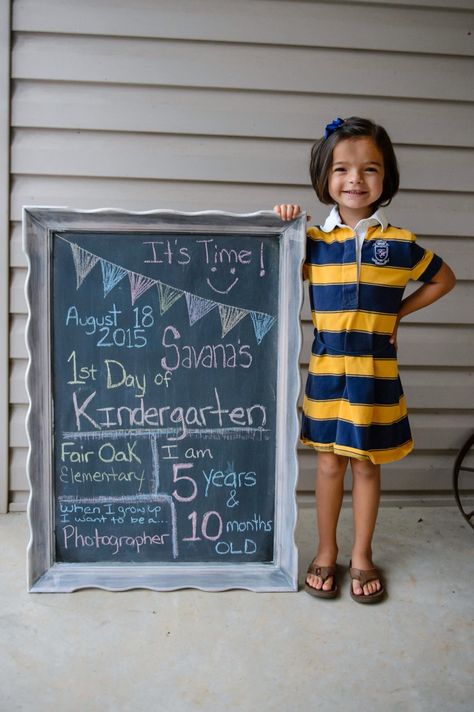
Children run around in the corridors, during the breaks you can hear various screams and laughter everywhere. As soon as you begin to approach the school, everything becomes clear and understandable. Imagining mute silence, it starts to become a little creepy. The school fills us with all kinds of sounds, and it's really wonderful.
I open my eyes and understand that all this awaits me in the future, and now there is a solemn line, congratulations will sound from all sides and the first school bell in my life will ring. Yes, I have been waiting for this day, because I really want this day to remain in my memory for the rest of my life. Tomorrow school will start, and now I want to enjoy the wonderful moments of this day and this life!
Option 2
Many people have memories, both good and bad. My first memory connected with school is, in fact, the first trip to school.
It was the first of September. My mother and I handed over the documents, and already on the first of September, in a suit and with flowers, I solemnly walked into this temple of knowledge to gnaw at the granite of science.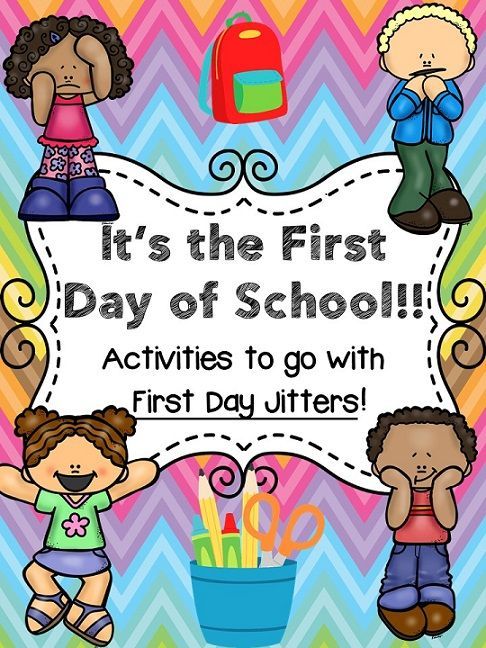 I remember a lot from that day. Then it was still warm, but not enough to go without a jacket, so I went in it. On the way, I asked my mother to come home, but she did not listen to me, which is probably good, because if I had not come that day, I would not have met all those people who are now my best friends. Arriving at the school, we lined up in fifteen people and listened to the director's speech.
I remember a lot from that day. Then it was still warm, but not enough to go without a jacket, so I went in it. On the way, I asked my mother to come home, but she did not listen to me, which is probably good, because if I had not come that day, I would not have met all those people who are now my best friends. Arriving at the school, we lined up in fifteen people and listened to the director's speech.
There were many different children there, some older, some younger, but they all had one thing in common - they all came here for knowledge. No matter who it was, the seventh graders who have been here for years, or the first graders like me who came here for the first time, we all had the same goal.
After the line, we went to look at the classes in which we were to unlearn for the next eleven years. First we looked at the class of mathematics and technical sciences, then we went to the literary class, and then to all the others. Most of all I liked the class of natural science and biology.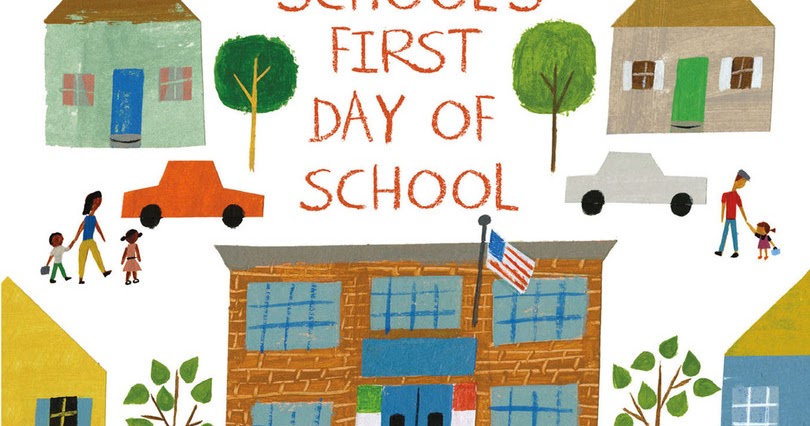 I remember very strongly all those skeletons and exhibits presented in the audience as in a museum. Perhaps my future profession will be related to this science. In any case, I liked our school, because of which I received a huge incentive to study well and as diligently as possible.
I remember very strongly all those skeletons and exhibits presented in the audience as in a museum. Perhaps my future profession will be related to this science. In any case, I liked our school, because of which I received a huge incentive to study well and as diligently as possible.
After examining the classes, we were sent to the lessons, after which I met all the guys from my class, who later became my close friends. In any case, the first of September and the first trip to school is one of the best and most pleasant memories of my entire life. That day I met a lot of good people with whom I still communicate well. The first of September is a wonderful moment in the life of any schoolchild, which happens only once in a lifetime, and which must be remembered and appreciated. This was my first of September, very pleasant and memorable.
Composition for grade 1
Essay on the topic: First time - first grade!. September 1, I went to the 1st grade. Grandma walked me to school.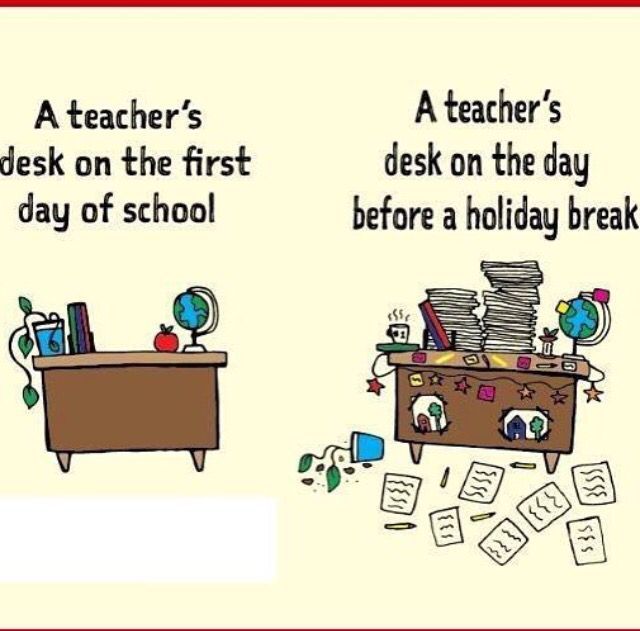 I was wearing a school uniform and a large briefcase. My grandmother braided large white bows into my pigtails. There were many children near the school, everyone gave flowers to our teacher Tatyana Vladimirovna, I also gave her a large bouquet. Then we went to class. There we sat down at our desks and the roll call began. I sat with the girl Natasha and we became friends with her. There were a lot of guys in the class. Our teacher was kind and a little strict. She was always good at explaining lessons and rules of conduct. I will never forget the first time I went to first grade. I was wearing a school uniform and a large briefcase. My grandmother braided large white bows into my pigtails. There were many children near the school, everyone gave flowers to our teacher Tatyana Vladimirovna, I also gave her a large bouquet. Then we went to class. There we sat down at our desks and the roll call began. I sat with the girl Natasha and we became friends with her. There were a lot of guys in the class. Our teacher was kind and a little strict. She was always good at explaining lessons and rules of conduct. I will never forget the first time I went to first grade. Composition on the topic: Where does the Motherland begin?. Homeland for me begins with my home. My home is my family, my closest people who love me. It is here, next to my family, that I feel warm, comfortable and calm. My homeland begins with a small river in the country, with a currant bush, the leaves of which smell so delicious. Motherland is a field with a huge sky above it, where we flew a kite and admired the rainbow.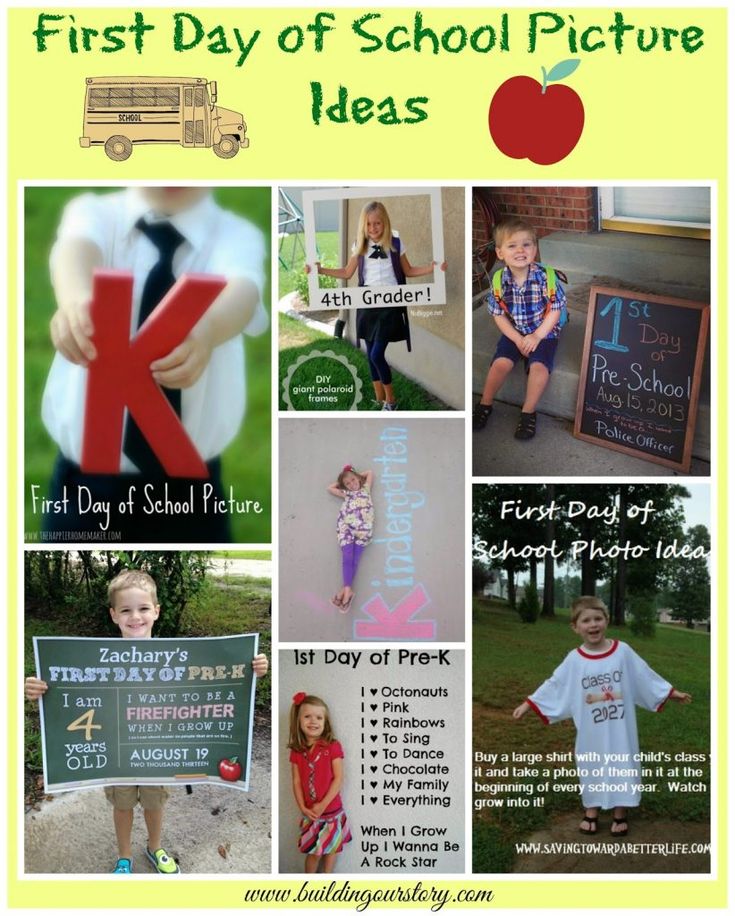 And the forest, where the smell of strawberries and pine needles is so strong. Spilled like milk, a fog in which you can hide. Probably, this is where the Motherland begins for me. And the forest, where the smell of strawberries and pine needles is so strong. Spilled like milk, a fog in which you can hide. Probably, this is where the Motherland begins for me. Essay on a topic; Winter day. It's winter outside. It's a wonderful sunny day. The sky is clear. The snow that had been falling all night covered the ground, houses, cars with a white fluffy blanket. Trees stand in heavy white caps, and occasionally snow dust breaks down from the tops. The hieroglyphs of bird tracks are clearly written on the snow, as if on a white sheet. Sparrows near the house are fighting over a crust of bread - it is not easy for them to find food under a white blanket. Essay on the topic; Gold autumn. Autumn has come. From mid-September to about mid-October, the leaves on the trees will turn from green to gold and red. This period is called golden autumn. The grass in the steppe withers and turns yellow, and the trees are painted in a variety of shades from yellow and red.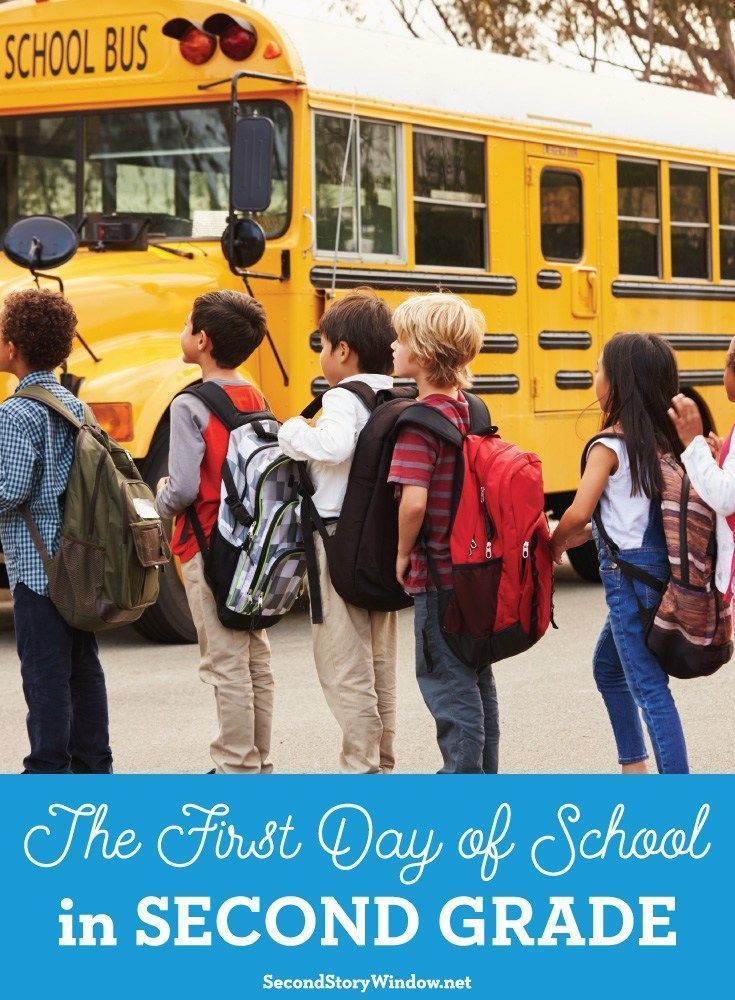 You look at the forest, which is all shimmering with gold and you think: yes, a truly golden autumn! This is a very beautiful time and many poets dedicate their poems to it, and artists especially love to paint pictures on the theme of autumn. You look at the forest, which is all shimmering with gold and you think: yes, a truly golden autumn! This is a very beautiful time and many poets dedicate their poems to it, and artists especially love to paint pictures on the theme of autumn. I especially like the two weeks in September that are called Indian Summer. At this time, the day is still warm in summer, and the leaf fall is already slowly covering the ground with gold. Fallen leaves are spinning in the wind, rustling underfoot, and this makes you a little sad. It's sad that the summer is over and the holidays are over. The more leaves there are on the ground, the fewer leaves there are on the trees, until one day there are none left. The trees are gradually falling asleep, preparing to meet the winter, but there will still be a whole November before it. This is also autumn, but not at all golden - damp, cold and dark. And so on until December comes and the earth is covered with a snow blanket. Essay on a topic; Autumn has come.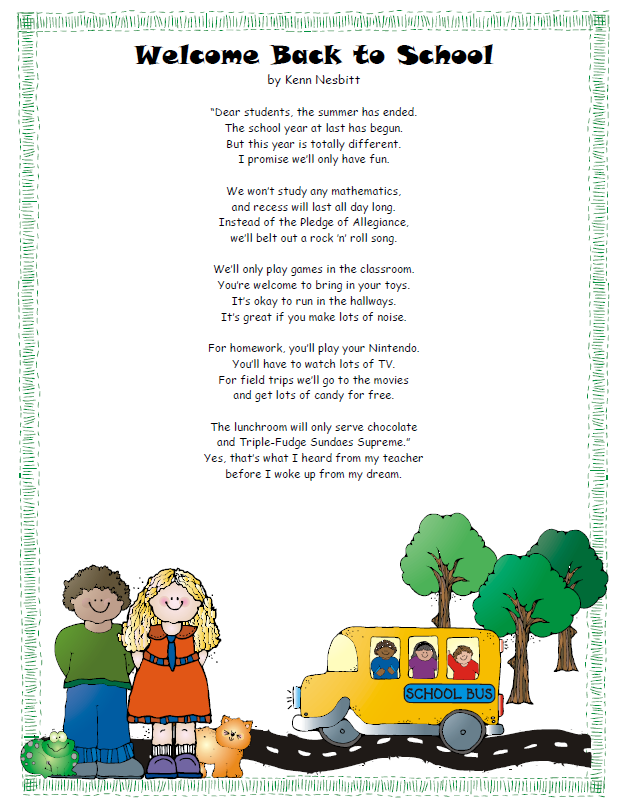 Autumn is a season that I don't like at all. With the advent of autumn, I always feel sad because the summer is over, the foliage is flying around, the grass is turning yellow, and the flowers are withering and crumbling. Everyone says that autumn is the brightest time of the year. Because all the trees are dressed up in colorful outfits: maples - in red, birches - in yellow, and oaks - in shades of brown. I also like that the forest becomes smart and I like to walk in the autumn forest. But I know it won't last long. A couple of weeks, the leaves will fall and the trees will remain bare and black. Long rains will begin, you can’t go outside, because it will become damp and dirty there. The day is getting shorter and shorter, and even then - the sun is constantly covered with heavy and gloomy clouds. The cold wind penetrates to the bone, so you won’t walk for a long time even on days when there is no rain. You need to wear a lot of warm clothes, not like in the summer when you can run in shorts and a T-shirt. When autumn comes, I always dream of snow falling and winter coming. Because after winter, spring always comes, and then summer, a time that I really love! | Look further ( compositions grade 1 ) | | Pedagogical essay "First time in a school class"
Essay "First time in a school class"
A new school year begins. Bright, cozy math room. The walls were lined with portraits depicting great mathematicians, stands with well-known formulas and algorithms. You involuntarily catch yourself thinking about how classes will be held this academic year, and you want to reflect on the thoughts of children's minds: “Is everything useful to me in life, what does the teacher tell me about? Why am I studying mathematics? Why do I need these formulas and endless solutions, solutions, searches, analyzes?
We rarely think about the fact that the subjects taught at school should bring joy to the life of a student.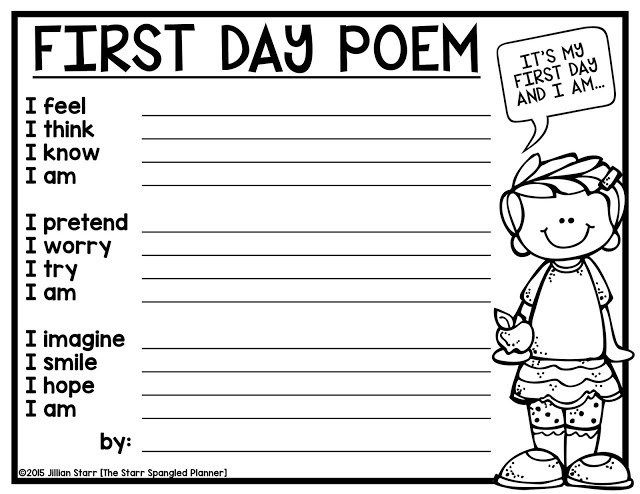 The student does not always understand that each subject is based on the experience of people of past years. The lesson is based on the results of the discoveries of those minds who, through observation and research, passed on knowledge to a new generation, younger and healthier. After all, the past helps in creating the present and the future.
The student does not always understand that each subject is based on the experience of people of past years. The lesson is based on the results of the discoveries of those minds who, through observation and research, passed on knowledge to a new generation, younger and healthier. After all, the past helps in creating the present and the future.
Mathematics is the science of our ancestors, subject to precision and analysis. Knowing mathematics means being able to think and reason logically. Our country needs bright minds, serious and responsible people. As a result, I often think, when imagining my students, “How can I develop in them a sense of respect for my subject? What will help my young brother overcome his reluctance to come to my class? How to diversify his imagination and desire to work, absorbing a mathematical course?
Reflecting on these questions, I am convinced that I should create a zone from the mathematics lesson where not only I should be comfortable, but, above all, my students.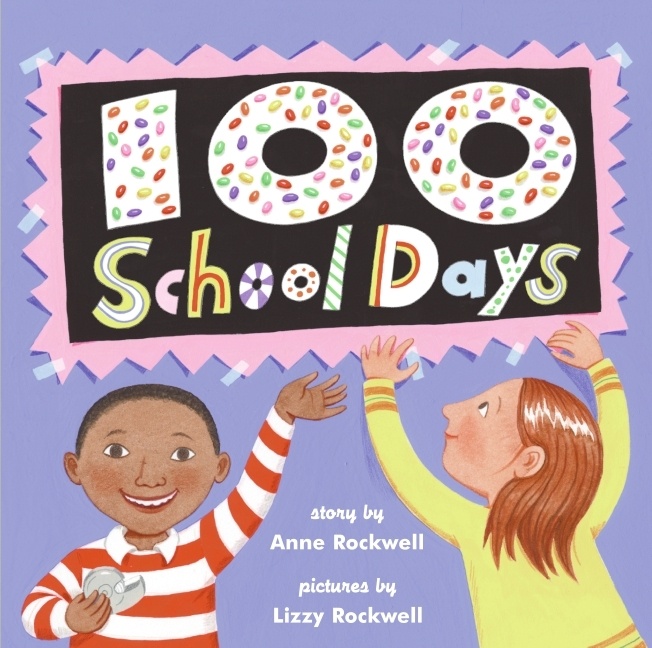
Based on the experience of previous years, I understand that the guys need to be more often provided with an independent search and find one way or another to solve the problem. We teachers must teach them to learn, to set a goal, to teach them to reflect and sum up their activities. I think that this will lead them to an answer, why do they need a math lesson and a school in general. The process of studying my subject should not only be active, it should be meaningful. Why not look at some formulas through the eyes of its creator, a scientist? How did he feel while working on a mathematical discovery? How did he live, what did he suffer, what trials did he endure, achieving this or that result?
To involve the student in reflection is the task of the teacher-educator. Happiness is to be understood and appreciated in time, to empathize with the child the bitterness of defeat and the joy of a small victory, to share with him the insult and triumph of the winner. To believe in a student, even the weakest and most negligent, is the task of every teacher-mathematician.
My office is a territory of light and friendship. I’ll come closer to them in the lesson, even sit down between them, let them know: I’m always here, I appreciate them, respect them, they are dear to me and pleasant.
I don't want to turn their work into a test, I don't want to force them to cramming mindlessly – mechanically. Let them search during the lesson, argue with me, discuss, and finally arrange a battle.
They are not afraid of tests, as long as they get used to looking for and applying a variety of solutions. Let them draw and draw, fantasize and compose fairy tales about numbers, formulas and logarithms. To turn exact and dry mathematics into a real world of art, where they are the main characters, and I am almost a minor character. To create a lesson... Yes, to create, to change a lesson: to make it more humane, brighter, more interesting and... happier. To try to change the course for a happy and successful future for our guys.
Studying the GEF, I understand that project activities are great, useful and relevant.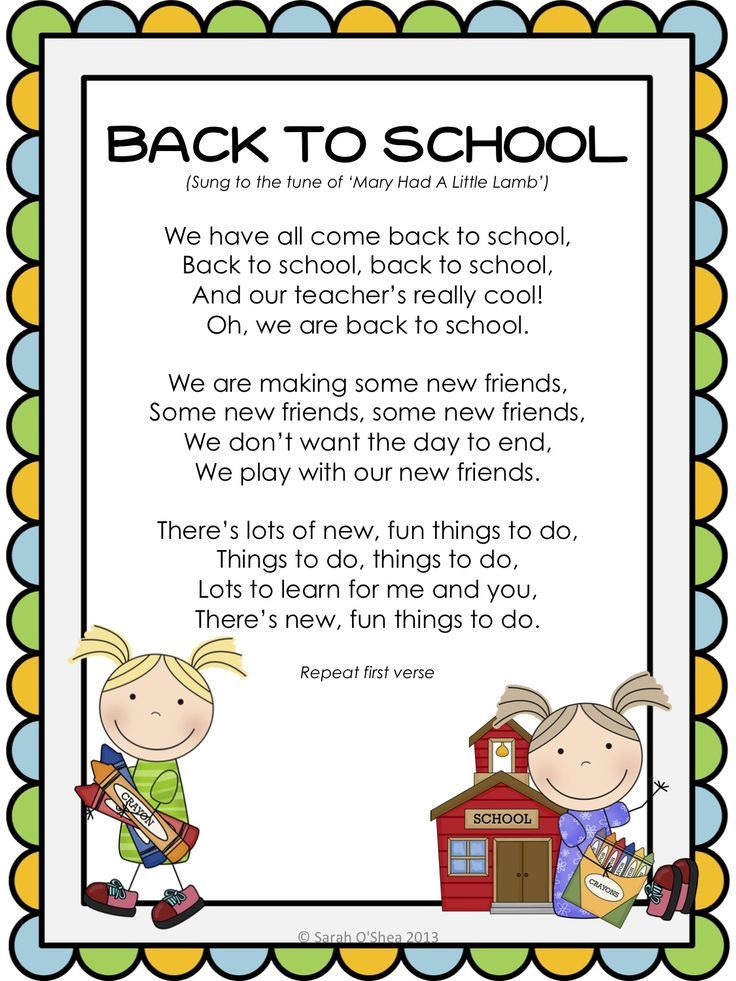 The project can make my work easier, since some of the material will be obtained by the students on their own and will give them a path to self-improvement.
The project can make my work easier, since some of the material will be obtained by the students on their own and will give them a path to self-improvement.
Interest is born at the lesson where the teacher will infect with emotions, will be able to present the material provided with variety and problem-search task.
As a result, I can say one thing - the beginning of the school year is the beginning of a new path. This is my office, where my students come to learn and meaningfully gain knowledge. I will help them to become an individual, a necessary and useful citizen of our country. I hope my students come to our office and ask themselves different questions. Those questions that will not concern their thoughts about why they need this mathematics, but questions that they will ask themselves on the topic of the lesson. About what new they will learn in mathematics today, tomorrow, the day after tomorrow.
I am proud of them and I believe that they will successfully implement the acquired knowledge in the field of mathematics in the future.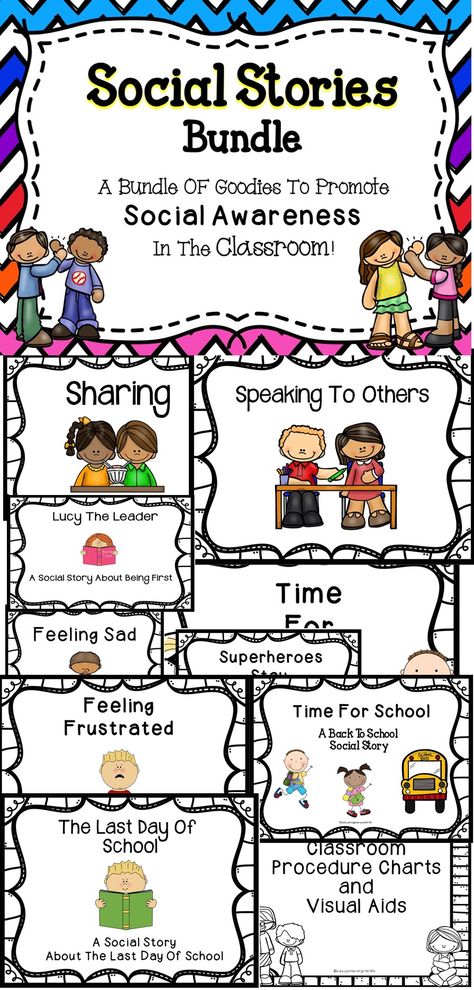 And then I can quietly and modestly say to myself: “My work as a teacher will not be lost, a flame will flare up from a spark!”
And then I can quietly and modestly say to myself: “My work as a teacher will not be lost, a flame will flare up from a spark!”
Report "Children's first days at school"
CONTINUITY.
A CHILD'S FIRST DAYS IN SCHOOL.
All six-year-old children come to school with a great desire to learn: they are sure that they will be able to do everything, they will succeed, and it is very important to keep this desire for knowledge to the end.
Today, a modern school requires understanding of the new content of education, a new attitude towards the student as a subject of education, and students come to us from different social strata, with different levels of preparation for school - therefore, today the problem is how in modern conditions it is possible to build a lesson in such a way that in order to create positive learning motivation in children.
Employees of preschool institutions in our country are entrusted with the most valuable thing - children, the future generation of society.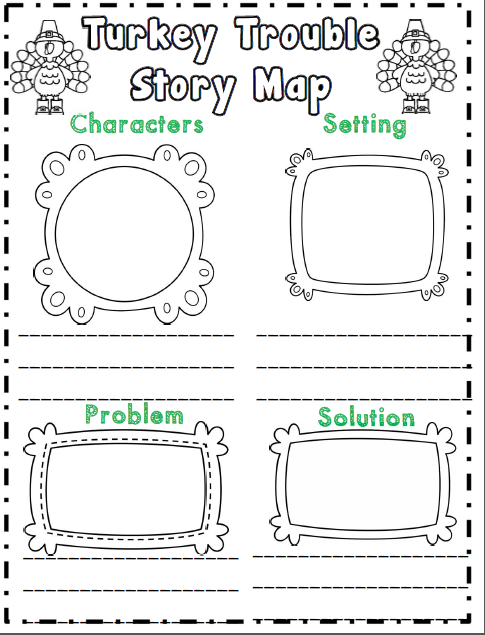 It does not take much imagination to imagine the complexity of the task facing educators. Employees of preschool institutions are called upon to educate the future generation physically strong and comprehensively prepared for mastering the basics of science.
It does not take much imagination to imagine the complexity of the task facing educators. Employees of preschool institutions are called upon to educate the future generation physically strong and comprehensively prepared for mastering the basics of science.
CONTINUITY
(internal communication) must exist between preschool institutions and school, which is one of the main conditions that ensure the continuity and effectiveness of educational influences.
Your preschooler comes to us - to SCHOOL OF WISDOM
. Yes, it is on the wisdom of the educator and teacher that the student, and therefore our society, depends.
Our team is working on a program to build the educational system of the school. The school is moving into an innovative mode of its life. We think, we try, maybe sometimes we make mistakes, but we always move forward.
One of the most important outcomes of mental development during preschool childhood is the child's psychological readiness for schooling. Everyone is an individual, and this is a social value. To develop, to preserve the personal characteristics of everyone means to give the future interesting, useful and extraordinary people.
Everyone is an individual, and this is a social value. To develop, to preserve the personal characteristics of everyone means to give the future interesting, useful and extraordinary people.
Today you have the opportunity to meet the teachers. Teachers who will recruit grade 1 will meet with preschoolers, kindergarten workers and future parents more than once.
The goals and objectives of education in kindergarten and school are the same, and common goals require unity of educational influences.
Waiting for the start of school is both joy and great anxiety. The closer that day, the greater the emotional tension. The first grader is a small child. He still cannot do much when compared with his elders. But he can already do a lot, and it is very important to know what he can do and what are the possibilities of his psyche, his personality.
Entering school is a turning point in a child's life. The place of the child in the system of social relations is changing. This is a transition to a new way of life and conditions of activity, new relationships with adults and peers, the place factor is changing, that is, the social conditions that determine the development and life of the child.
This is a transition to a new way of life and conditions of activity, new relationships with adults and peers, the place factor is changing, that is, the social conditions that determine the development and life of the child.
The new situation in society is that the child does not just move from kindergarten to school, but that his education is a compulsory, socially significant activity.
For the results of their learning, the child is responsible to the teacher, school, his family. He must study. Now he is subject to a system of strict rules that are the same for all schoolchildren.
The child's initial entry into the new conditions of school life is psychologically prepared. Children are happy to go to school, expecting a new life here and realizing that their situation is changing - they have become older, they are no longer preschoolers, but schoolchildren. The student's position is subjectively important for the child in that it0159 changes his self-esteem - he is a schoolboy.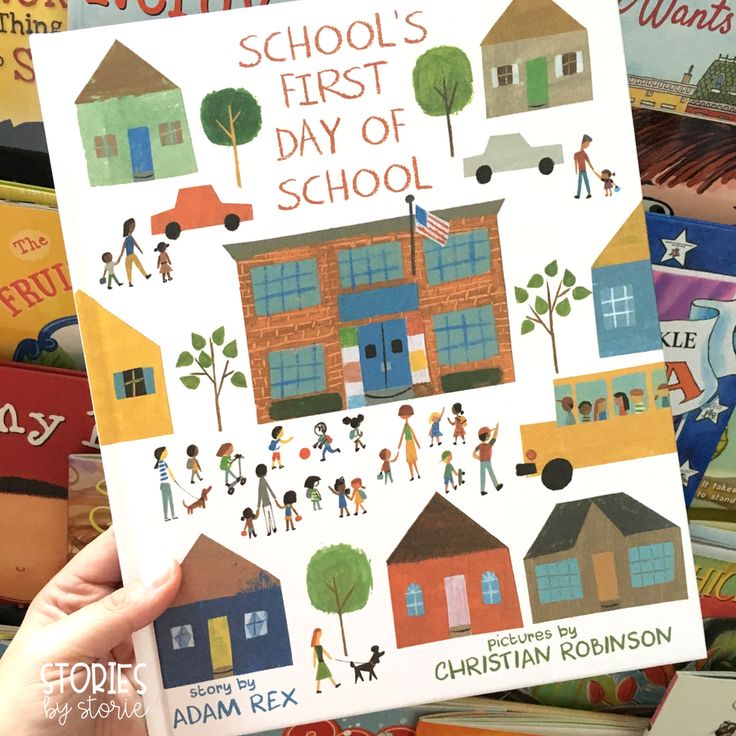
He tries to understand the rules of conduct as soon as possible. A lot now depends on the teacher.
A special type of relationship develops between a student and a teacher. The teacher is not just an adult who arouses or dislikes a child. He is an intermediary of knowledge, whose functions include the transfer of his knowledge. Much in a child's life depends on what kind of first teacher this is. A primary school teacher has every chance to become a teacher in the highest sense of the word - a mentor with high authority for the child in the present, to remain in his grateful memory and determine his future. Precisely the personality of the first teacher can become a role model, a model for a child's behavior
.
When preparing children for school, we all must first of all prepare the parents
. It is necessary to set them up, which first-graders cannot have solid fives. He will have to explain something at home, and several times, help him do his homework and not be angry for failures, but on the contrary, support the child, instill confidence in himself, in his abilities.
It is a great help if a child already knows how to read, count to 10. Then it will be easier and more pleasant for him to learn, because from the very beginning he will succeed. You have to talk a lot with a child so that he comes to school with a well-developed speech, let him better earn a reputation as “spoiled, but smart” than ...
attention, memory, thinking, imagination. After analyzing the preparation of children for school, today we can give row of tips
for educators and parents:
Firstly: -To the child’s speech
- ask him questions
- To be able to listen to children
- Together to read
- to come up with an incredible continuation of
- to ask each other to ask each other to retold the content of
- fantasize
- share impressions.
Not the last role in the process of primary education is played by child development level
. Oddly enough, but gifted children at school have a lot of sometimes the most unexpected problems.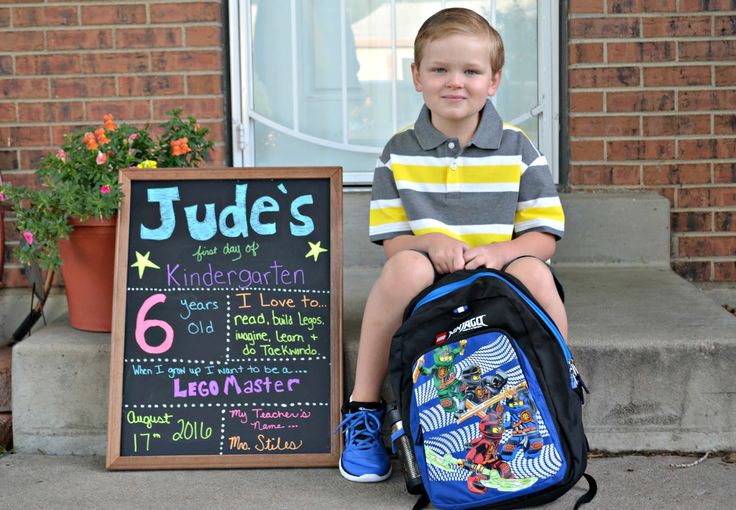 And what about that kid who is simply afraid to break away from his mother and go to class with everyone? We all together need to think more often about what is good in our child's character
And what about that kid who is simply afraid to break away from his mother and go to class with everyone? We all together need to think more often about what is good in our child's character
.
We must praise him for being kind, understanding, sensible, thinks well, invents, knows how to make people laugh, listen, and has organizational skills.
A child of primary school age MUST have a desire to learn, he must believe in himself. And if it is absent, then this is just NOT normal.
It is at school that many things will happen that may go unnoticed by the teacher, but will determine the psychological state of the child. Former leaders from preschool childhood can take a low status position in the class, former unacceptable quiet and incompetent can become loved and respected. In the early days, all children are overwhelmed with the joy of starting a new life. They believe they want to learn. They want recognition as students. They crave the evaluation of their knowledge.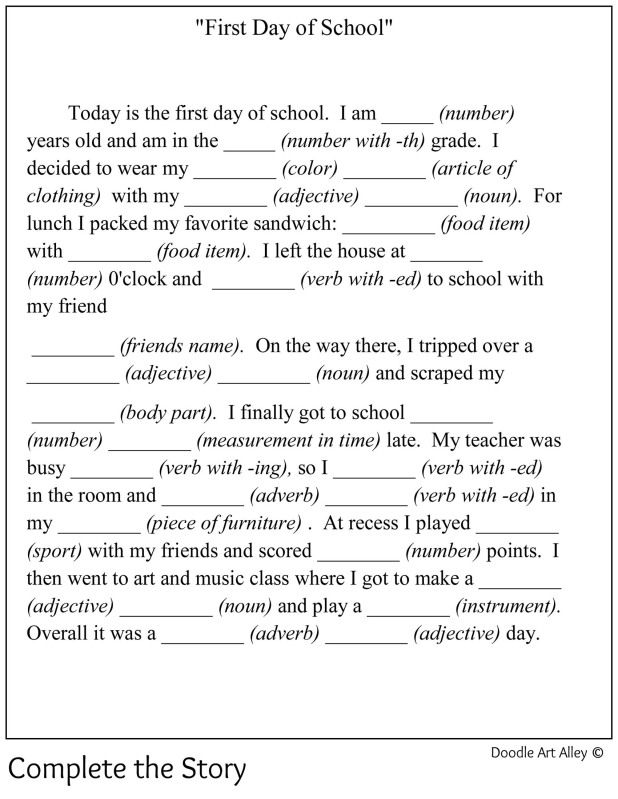 But… stop. Here we slow down the run of the child's expectations. The task of the first grade teacher is to to teach every child to learn - to teach yourself.
But… stop. Here we slow down the run of the child's expectations. The task of the first grade teacher is to to teach every child to learn - to teach yourself.
And this must be done
without a mark
, because a mark for a child is a sign that will determine his place among his peers: it will raise his prestige or drop him into the number of the worst. A six-year-old student does not yet have the mental strength that would help him withstand all the mental stress associated with learning, assessing his success and unambiguously clear mark.
The main thing is preparing children for school, not teaching them how to read, write, and count.
FUNCTIONAL CRITERIA FOR THE READINESS OF A SIX-YEAR-OLD CHILD FOR LEARNING
The body of a six-year-old child develops intensively.
(cardiovascular, respiratory, musculoskeletal, etc.) depend on the conditions of this development. Therefore, our child needs a sparing regimen, an individual approach, regular supervision of medical personnel. Now the child at school carries a large physical load. He must sit still in a certain posture. Such a load is contrary to physical development - during this period the child grows intensively, his spine is very sensitive. Hygienists have developed a special term school maturity
Now the child at school carries a large physical load. He must sit still in a certain posture. Such a load is contrary to physical development - during this period the child grows intensively, his spine is very sensitive. Hygienists have developed a special term school maturity
as the readiness of the child's body for systematic learning.
A feature of all children is fairly rapid fatigue in the conditions of the same activity. If the teacher does not feel well enough for their children and does not give them the opportunity to discharge themselves, then the children themselves unconsciously look for a way to switch their attention from task to entertainment.
The result of a child's development in preschool childhood is the prerequisites that the child can adapt to school conditions and begin systematic learning. These prerequisites include, first of all, desire
to become a schoolboy, study. For preschoolers, the external attributes of school life have a great attraction: sitting at desks, calling, changing, grades, owning a portfolio, a pencil case .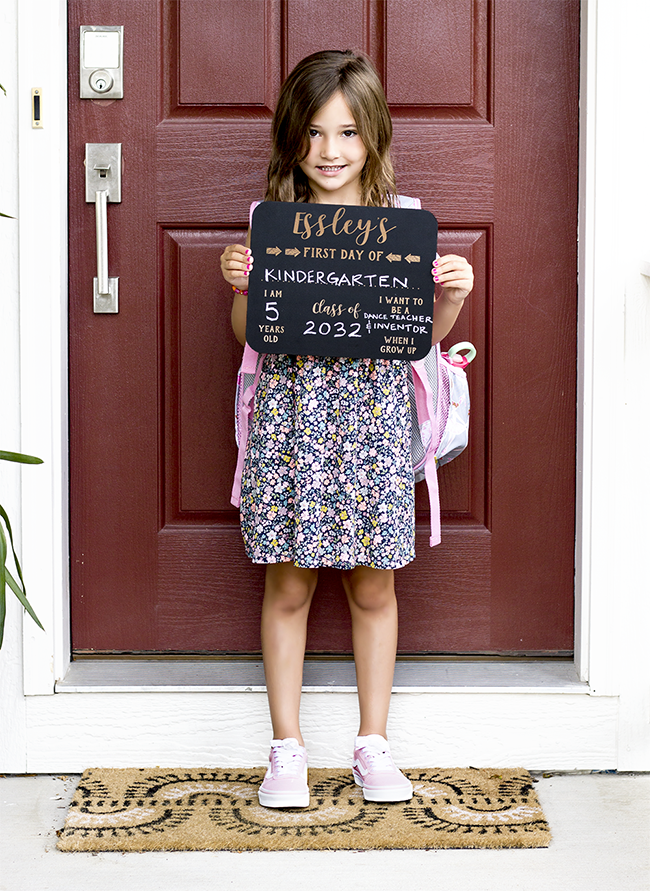 .. Interest in such external moments is less important than the desire to learn, but it also has a positive value.
.. Interest in such external moments is less important than the desire to learn, but it also has a positive value.
An important aspect of psychological readiness for school is a sufficient level of volitional development
of the child. This level is different for different children.
Readiness of the child for school in the field of mental development includes several interrelated aspects. A child entering grade 1 needs a certain amount of knowledge about the world around him - about objects and their properties, about phenomena of animate and inanimate nature, about people, their work and other aspects of social life, about “what is good and what is bad ”, i.e. on moral standards of conduct. But what is important is not so much the volume of this knowledge as their quality - the degree of correctness, clarity of ideas. Such representations are the most important acquisition that will help the child to move to the assimilation of scientific knowledge at school.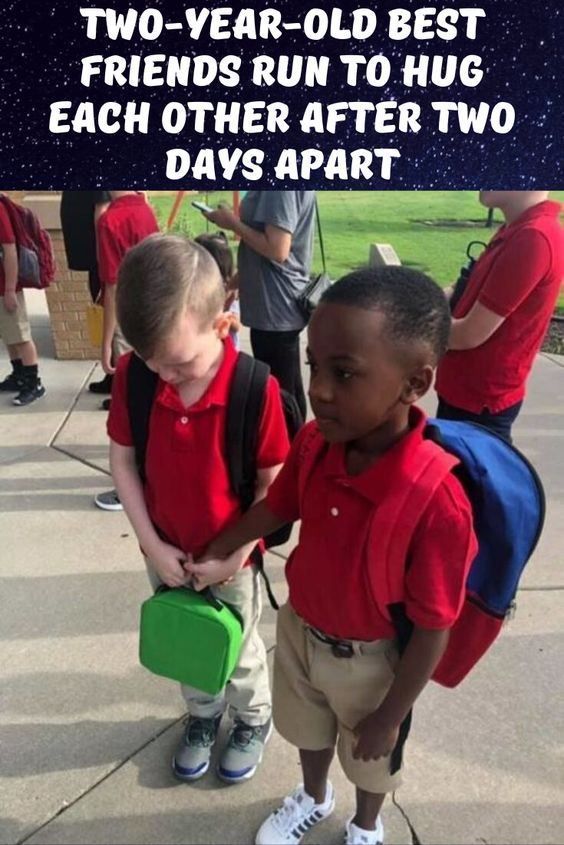 It is quite enough if, as a result of preschool education, the child gets acquainted with those areas that serve as the subject of study of various sciences, begins to single them out, to distinguish living from non-living, natural from man-made, harmful from useful.
It is quite enough if, as a result of preschool education, the child gets acquainted with those areas that serve as the subject of study of various sciences, begins to single them out, to distinguish living from non-living, natural from man-made, harmful from useful.
Mastering some special knowledge and skills takes a special place in psychological readiness for school. Primary school is designed for children who have not received any special training, and begins to teach them literacy and mathematics from the very beginning. At the same time, a significant part of children entering the 1st grade can read, and almost all children are able to count to one degree or another. Mastering literacy and elements of mathematics can affect the success of schooling. Of positive importance is the education in children of general ideas about the sound side of speech, about the quantitative relationships of things. Will help the child to study at school and assimilation of the concept of number.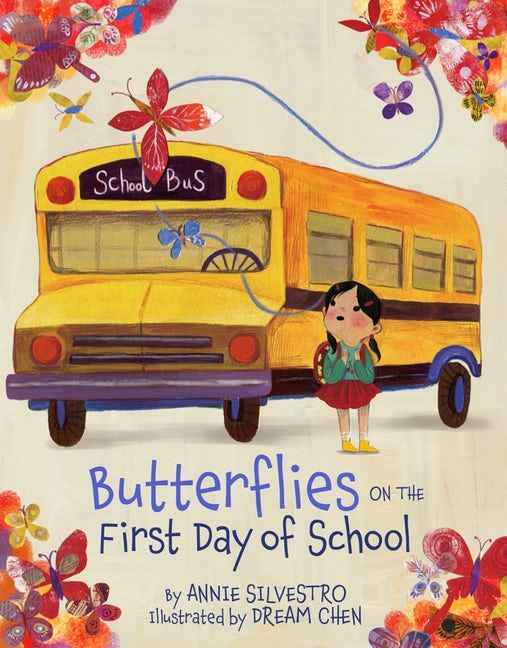
As for the skills of reading, counting, problem solving, their usefulness depends on what basis they are built on, how well they are formed. Thus, the skill of reading increases the level of readiness of the child for school only if it is built on the basis of the development of phonemic hearing and awareness of the sound composition of the word, and the reading itself is continuous or syllabic. Letter-by-letter reading, often found in preschoolers, makes the teacher's work difficult, because. the child will have to be retrained. (sound n n, letter en, not ne)
The same is the case with counting - it will be useful if it is based on an understanding of mathematical relations, the meaning of a number, and useless or even harmful if learned mechanically. (the number 3 corresponds to the number 3 - subjectively) (“once”, not “once”)
It is not the knowledge and skills themselves that are decisive in readiness to master the school curriculum, but the level of development of cognitive processes and cognitive activity
children (through discussion, retelling, answering questions .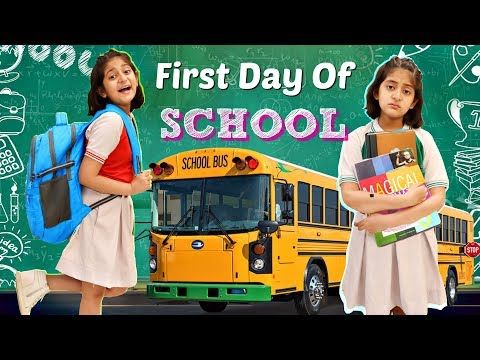 ..). Cognitive interests develop gradually, over a long period of time and cannot arise immediately when entering school. The greatest difficulties in elementary school are experienced not by those children who have insufficient knowledge and skills by the end of the preschool period, but by those who lack the desire and habit to think, solve problems that are not directly related to any game or life situation that interests the child.
..). Cognitive interests develop gradually, over a long period of time and cannot arise immediately when entering school. The greatest difficulties in elementary school are experienced not by those children who have insufficient knowledge and skills by the end of the preschool period, but by those who lack the desire and habit to think, solve problems that are not directly related to any game or life situation that interests the child.
A child entering school must be able to systematically examine objects, phenomena, highlight their various properties. Good orientation of the child in space and time is important. (previous, left, right, top, bottom ...) The idea of time and a sense of time, the ability to determine how much it has passed is an important condition for the student’s organized work in the classroom, completing tasks on time.
Another side of mental development, which determines the child's readiness for schooling, is the development of his speech - mastering the ability to coherently, consistently, understandably for others to describe an object, picture, event, convey the course of his thought, explain this or that phenomenon, rule.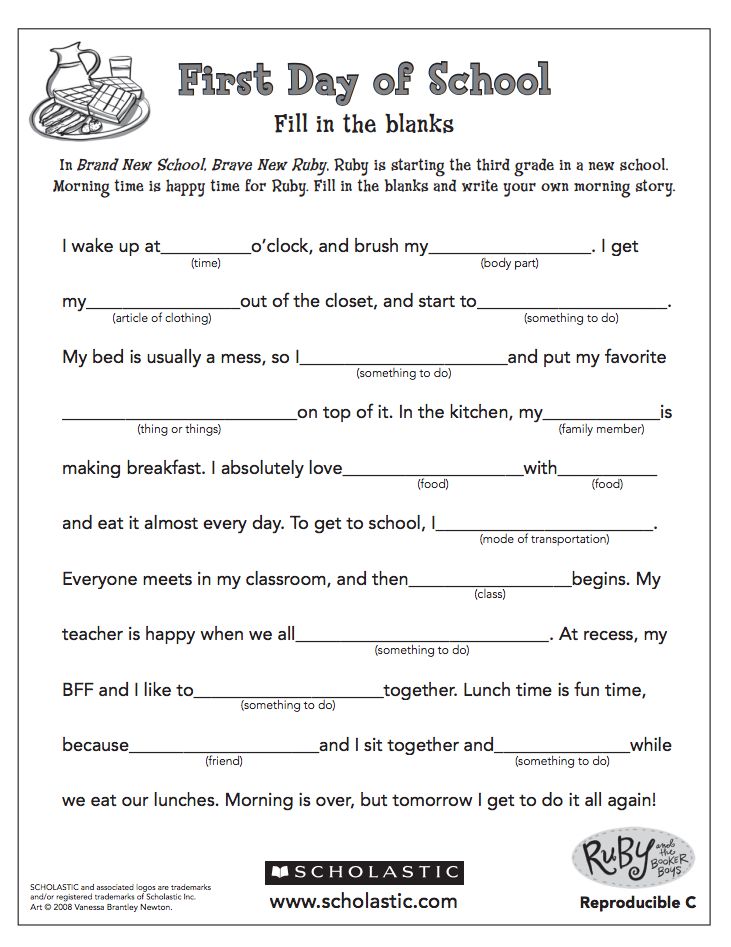
Conditions have been created in preschool institutions for all-round education of children - there are manuals, equipment, children's literature, toys. Children's groups are organized, children are sociable, neat. Many children are fluent in speech in conversations with peers and adults.
At the same time, it should be noted that
the grammatical aspects of speech are still being formed, the children's teaching of storytelling is weak, and the vocabulary is not enriched enough. In the speech practice of both preschoolers and first-graders, there is little independence of thinking and creative activity. Most often, children simply imitate what they read or retell. They are not involved in controlling the story of a friend. They are not offered questions for inferences, comparisons.
One of the important issues in deciding the succession in the work of kindergartens and schools should be, first of all, the joint work of teachers and educators to study the child's personality.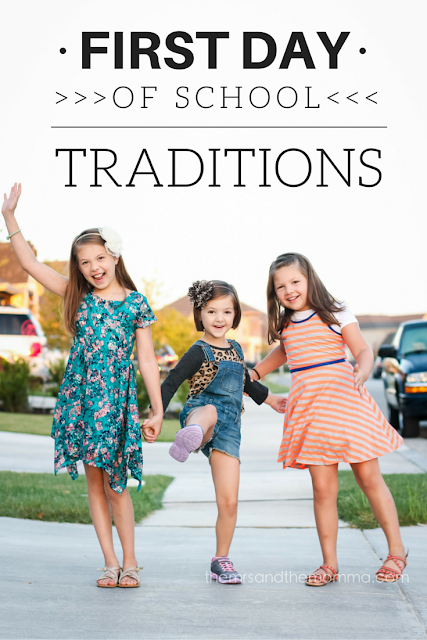
Before starting to study children, our teachers get acquainted with the documentation, with the data of medical records, in order to find out the child's ability to navigate in the surrounding reality, some features of his cognitive activity, such aspects as purposefulness, stability, consciousness, productivity, speech quality and level educational knowledge and skills. During the first weeks of the school year, teachers find out that the child knows little about his family, its composition. He cannot always give his name, surname, full names of his parents, their place of work, profession.
Many children have motor awkwardness, insufficient formation of movements, especially small muscles of the hand.
Psychological tension
disappears after 2 months. If the teacher calmly and systematically implements regime moments, the child learns the mandatory rules of the routine and his tension falls. Fulfillment of school rules, getting used to the implementation of the daily regimen leads to the removal of psychological tension and stabilizes the physical well-being of the child.

Today, in the still air, the pole was silent.
 He went down on his knees and Sam leapt on him, flailing away, Jim’s thin arms helpless to protect him from the stunning blows. The big boy then stood and was about to deliver a vicious kick to Jim’s ribs when a man’s voice cut through the April air.
He went down on his knees and Sam leapt on him, flailing away, Jim’s thin arms helpless to protect him from the stunning blows. The big boy then stood and was about to deliver a vicious kick to Jim’s ribs when a man’s voice cut through the April air. You know what I’m saying?”
You know what I’m saying?” He now thought of one of Mr. Carter’s classes, early in the semester. The teacher had passed out a graded test—Jim’d gotten a C minus. After all that work, he was so frustrated, so discouraged. The teacher must’ve seen the look in his eyes and called him up after class.
He now thought of one of Mr. Carter’s classes, early in the semester. The teacher had passed out a graded test—Jim’d gotten a C minus. After all that work, he was so frustrated, so discouraged. The teacher must’ve seen the look in his eyes and called him up after class. I don’t want to teach you that. I don’t even care about that.”
I don’t want to teach you that. I don’t even care about that.” She was a stern, older woman the kids called psychic because she magically knew which students had read the real assignment and which had read the Cliff notes.
She was a stern, older woman the kids called psychic because she magically knew which students had read the real assignment and which had read the Cliff notes.
 . . . . And in this case I’m afraid I’ve got some rather harsh words to say.”
. . . . And in this case I’m afraid I’ve got some rather harsh words to say.” ” Then, being Mrs. Peabody, she added sternly, “though he should’ve a little more attention to proper spelling and grammar.”
” Then, being Mrs. Peabody, she added sternly, “though he should’ve a little more attention to proper spelling and grammar.”
 Carter and Mrs. Peabody and the teachers here and in the other schools Jim had attended throughout his life and he knew that, like them, he too was going to make a difference.
Carter and Mrs. Peabody and the teachers here and in the other schools Jim had attended throughout his life and he knew that, like them, he too was going to make a difference.
 She is so nervous she doesn’t even want to go. (Imagine how many kids might feel the same!)
She is so nervous she doesn’t even want to go. (Imagine how many kids might feel the same!)  It’s a win-win!
It’s a win-win!  They are so surprised I want them to talk during a read aloud! #coolteacher
They are so surprised I want them to talk during a read aloud! #coolteacher
 Determine classroom rules and boundaries
Determine classroom rules and boundaries I almost always have a student point out a book we didn’t read and ask “Aren’t we going to read that one?”
I almost always have a student point out a book we didn’t read and ask “Aren’t we going to read that one?”  Some first-graders are looking forward to this moment, while others dream of staying in kindergarten longer. Parents rejoice at the long-awaited event, looking with pride at their adult children. On the first of September, a special atmosphere always reigns in the city, because music is heard from all the school yards and smart children walk along the streets with flowers in their hands.
Some first-graders are looking forward to this moment, while others dream of staying in kindergarten longer. Parents rejoice at the long-awaited event, looking with pride at their adult children. On the first of September, a special atmosphere always reigns in the city, because music is heard from all the school yards and smart children walk along the streets with flowers in their hands. 
 We hit it off right away and played hide and seek in the school garden for hours.
We hit it off right away and played hide and seek in the school garden for hours.  The school turned out to be a very large and beautiful place, everything was so new and unusual. At first we were lined up in groups in front of the porch, each in his own class, everyone was smartly dressed, the boys in beautiful white shirts and jackets, and the girls in blouses and with big bows, many were holding flowers and balloons, the director with teachers stood in the center of all the children and said how happy they were to see us and how important it is to study, then everyone wished us good luck and success in our studies.
The school turned out to be a very large and beautiful place, everything was so new and unusual. At first we were lined up in groups in front of the porch, each in his own class, everyone was smartly dressed, the boys in beautiful white shirts and jackets, and the girls in blouses and with big bows, many were holding flowers and balloons, the director with teachers stood in the center of all the children and said how happy they were to see us and how important it is to study, then everyone wished us good luck and success in our studies.  At first I was confused and did not know where to sit, but then I decided and took the very first desk. The teacher asked us to stand up, then introduced himself and we sat down together. He told us what we would do in the lessons, how fun the breaks are, what homework is and how great it is to go to school in general. At the end, we got up again and said goodbye, and then I went home with my parents where a festive table with a cake was waiting for us.
At first I was confused and did not know where to sit, but then I decided and took the very first desk. The teacher asked us to stand up, then introduced himself and we sat down together. He told us what we would do in the lessons, how fun the breaks are, what homework is and how great it is to go to school in general. At the end, we got up again and said goodbye, and then I went home with my parents where a festive table with a cake was waiting for us.  Representatives of various fields of art have devoted and continue to devote their works to this topic.
Representatives of various fields of art have devoted and continue to devote their works to this topic. 
 How do you not want to get up early in the morning. But today is an important day for me - I'm going to school for the first time!
How do you not want to get up early in the morning. But today is an important day for me - I'm going to school for the first time! 
 I remember a lot from that day. Then it was still warm, but not enough to go without a jacket, so I went in it. On the way, I asked my mother to come home, but she did not listen to me, which is probably good, because if I had not come that day, I would not have met all those people who are now my best friends. Arriving at the school, we lined up in fifteen people and listened to the director's speech.
I remember a lot from that day. Then it was still warm, but not enough to go without a jacket, so I went in it. On the way, I asked my mother to come home, but she did not listen to me, which is probably good, because if I had not come that day, I would not have met all those people who are now my best friends. Arriving at the school, we lined up in fifteen people and listened to the director's speech.  I remember very strongly all those skeletons and exhibits presented in the audience as in a museum. Perhaps my future profession will be related to this science. In any case, I liked our school, because of which I received a huge incentive to study well and as diligently as possible.
I remember very strongly all those skeletons and exhibits presented in the audience as in a museum. Perhaps my future profession will be related to this science. In any case, I liked our school, because of which I received a huge incentive to study well and as diligently as possible.  I was wearing a school uniform and a large briefcase. My grandmother braided large white bows into my pigtails. There were many children near the school, everyone gave flowers to our teacher Tatyana Vladimirovna, I also gave her a large bouquet. Then we went to class. There we sat down at our desks and the roll call began. I sat with the girl Natasha and we became friends with her. There were a lot of guys in the class. Our teacher was kind and a little strict. She was always good at explaining lessons and rules of conduct. I will never forget the first time I went to first grade.
I was wearing a school uniform and a large briefcase. My grandmother braided large white bows into my pigtails. There were many children near the school, everyone gave flowers to our teacher Tatyana Vladimirovna, I also gave her a large bouquet. Then we went to class. There we sat down at our desks and the roll call began. I sat with the girl Natasha and we became friends with her. There were a lot of guys in the class. Our teacher was kind and a little strict. She was always good at explaining lessons and rules of conduct. I will never forget the first time I went to first grade.  And the forest, where the smell of strawberries and pine needles is so strong. Spilled like milk, a fog in which you can hide. Probably, this is where the Motherland begins for me.
And the forest, where the smell of strawberries and pine needles is so strong. Spilled like milk, a fog in which you can hide. Probably, this is where the Motherland begins for me.  You look at the forest, which is all shimmering with gold and you think: yes, a truly golden autumn! This is a very beautiful time and many poets dedicate their poems to it, and artists especially love to paint pictures on the theme of autumn.
You look at the forest, which is all shimmering with gold and you think: yes, a truly golden autumn! This is a very beautiful time and many poets dedicate their poems to it, and artists especially love to paint pictures on the theme of autumn. 

 The student does not always understand that each subject is based on the experience of people of past years. The lesson is based on the results of the discoveries of those minds who, through observation and research, passed on knowledge to a new generation, younger and healthier. After all, the past helps in creating the present and the future.
The student does not always understand that each subject is based on the experience of people of past years. The lesson is based on the results of the discoveries of those minds who, through observation and research, passed on knowledge to a new generation, younger and healthier. After all, the past helps in creating the present and the future. 

 The project can make my work easier, since some of the material will be obtained by the students on their own and will give them a path to self-improvement.
The project can make my work easier, since some of the material will be obtained by the students on their own and will give them a path to self-improvement.  And then I can quietly and modestly say to myself: “My work as a teacher will not be lost, a flame will flare up from a spark!”
And then I can quietly and modestly say to myself: “My work as a teacher will not be lost, a flame will flare up from a spark!”  It does not take much imagination to imagine the complexity of the task facing educators. Employees of preschool institutions are called upon to educate the future generation physically strong and comprehensively prepared for mastering the basics of science.
It does not take much imagination to imagine the complexity of the task facing educators. Employees of preschool institutions are called upon to educate the future generation physically strong and comprehensively prepared for mastering the basics of science.  Everyone is an individual, and this is a social value. To develop, to preserve the personal characteristics of everyone means to give the future interesting, useful and extraordinary people.
Everyone is an individual, and this is a social value. To develop, to preserve the personal characteristics of everyone means to give the future interesting, useful and extraordinary people.  This is a transition to a new way of life and conditions of activity, new relationships with adults and peers, the place factor is changing, that is, the social conditions that determine the development and life of the child.
This is a transition to a new way of life and conditions of activity, new relationships with adults and peers, the place factor is changing, that is, the social conditions that determine the development and life of the child. 

 And what about that kid who is simply afraid to break away from his mother and go to class with everyone? We all together need to think more often about what is good in our child's character
And what about that kid who is simply afraid to break away from his mother and go to class with everyone? We all together need to think more often about what is good in our child's character  But… stop. Here we slow down the run of the child's expectations. The task of the first grade teacher is to to teach every child to learn - to teach yourself.
But… stop. Here we slow down the run of the child's expectations. The task of the first grade teacher is to to teach every child to learn - to teach yourself.  Now the child at school carries a large physical load. He must sit still in a certain posture. Such a load is contrary to physical development - during this period the child grows intensively, his spine is very sensitive. Hygienists have developed a special term school maturity
Now the child at school carries a large physical load. He must sit still in a certain posture. Such a load is contrary to physical development - during this period the child grows intensively, his spine is very sensitive. Hygienists have developed a special term school maturity  .. Interest in such external moments is less important than the desire to learn, but it also has a positive value.
.. Interest in such external moments is less important than the desire to learn, but it also has a positive value.  It is quite enough if, as a result of preschool education, the child gets acquainted with those areas that serve as the subject of study of various sciences, begins to single them out, to distinguish living from non-living, natural from man-made, harmful from useful.
It is quite enough if, as a result of preschool education, the child gets acquainted with those areas that serve as the subject of study of various sciences, begins to single them out, to distinguish living from non-living, natural from man-made, harmful from useful. 
 ..). Cognitive interests develop gradually, over a long period of time and cannot arise immediately when entering school. The greatest difficulties in elementary school are experienced not by those children who have insufficient knowledge and skills by the end of the preschool period, but by those who lack the desire and habit to think, solve problems that are not directly related to any game or life situation that interests the child.
..). Cognitive interests develop gradually, over a long period of time and cannot arise immediately when entering school. The greatest difficulties in elementary school are experienced not by those children who have insufficient knowledge and skills by the end of the preschool period, but by those who lack the desire and habit to think, solve problems that are not directly related to any game or life situation that interests the child. 


